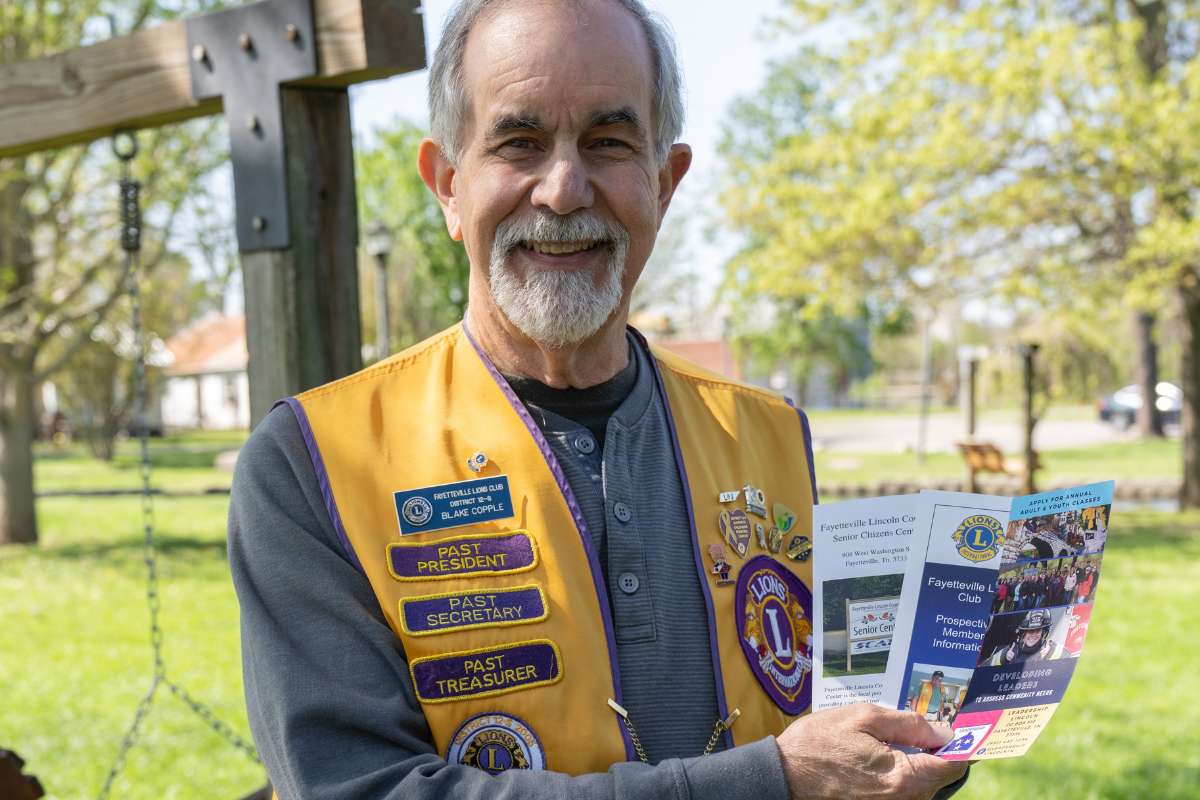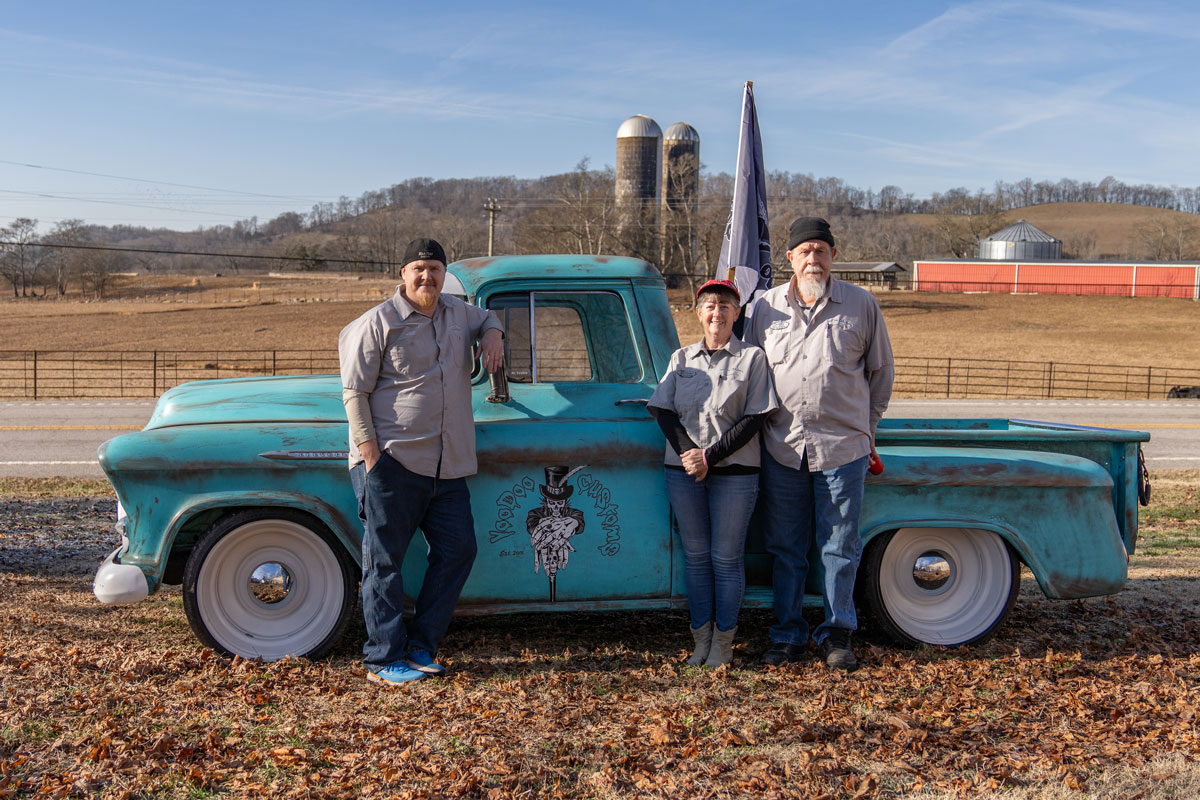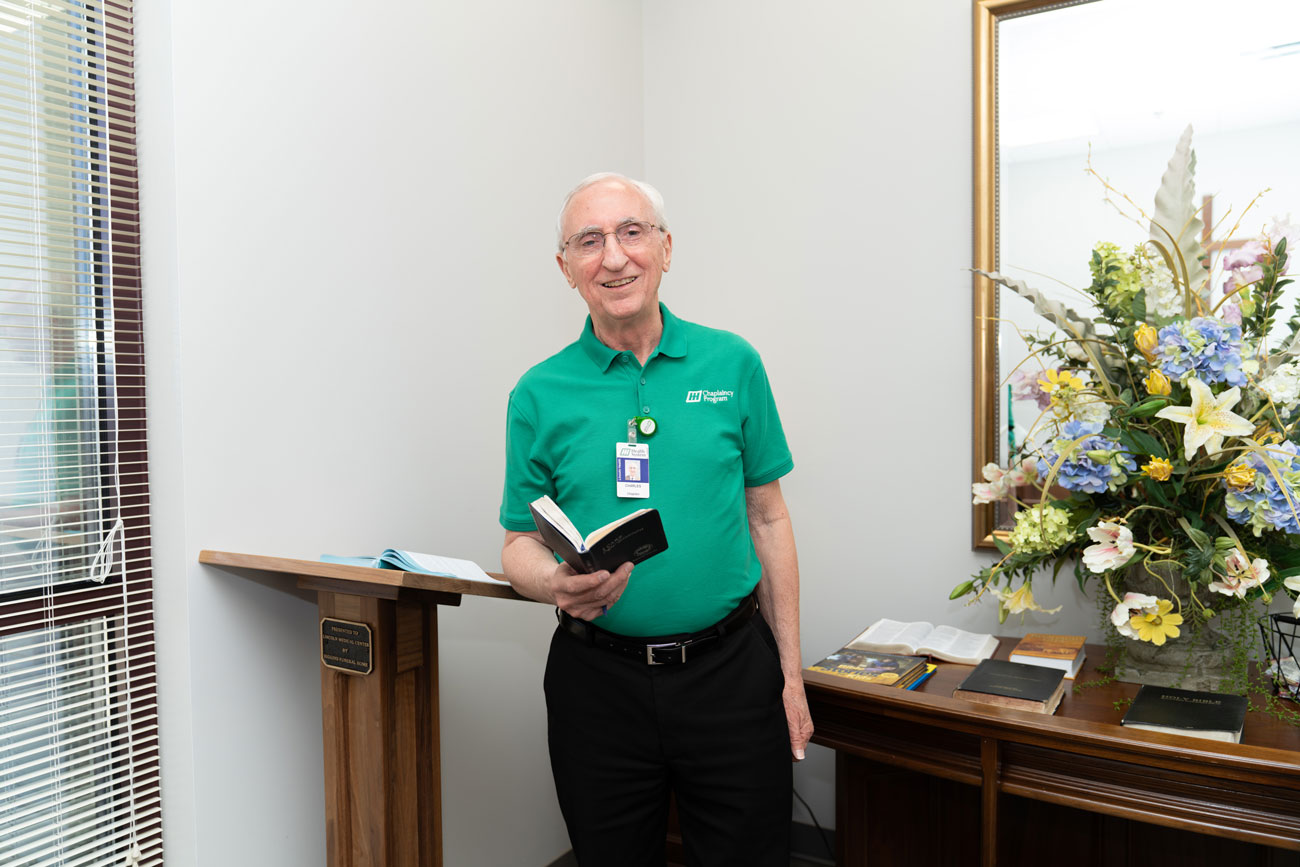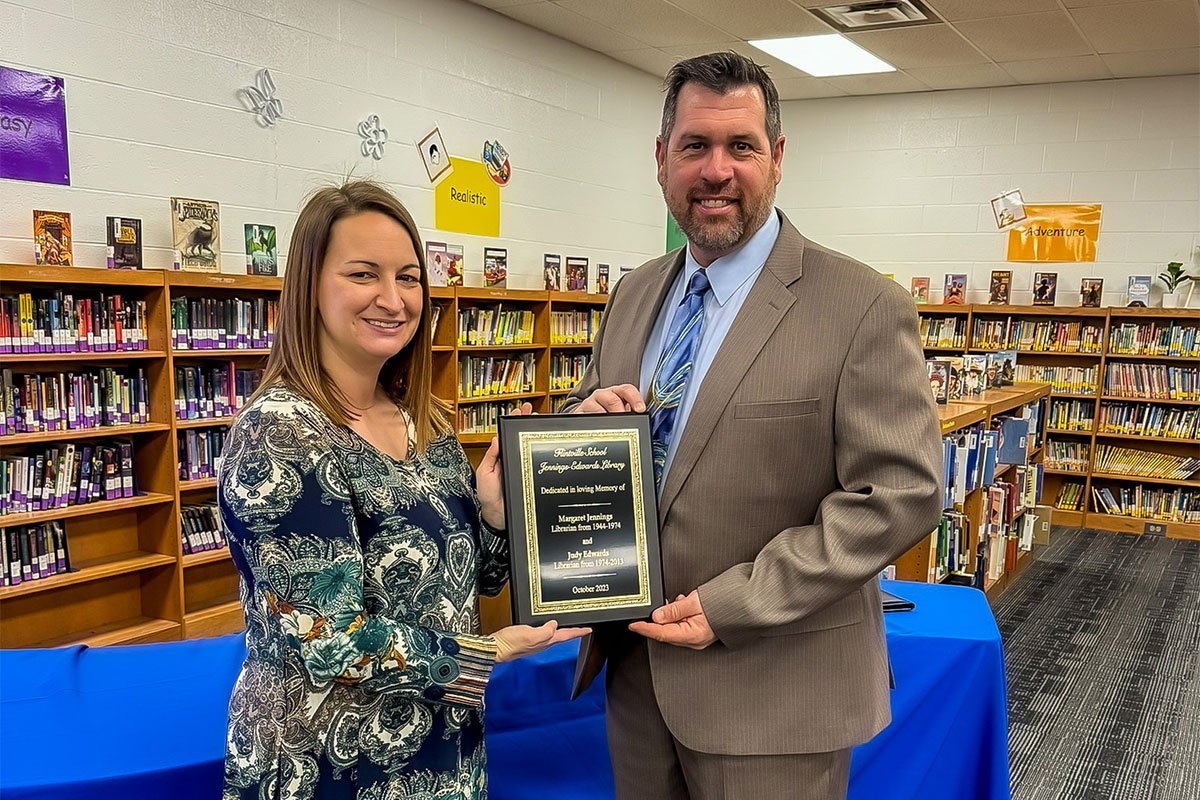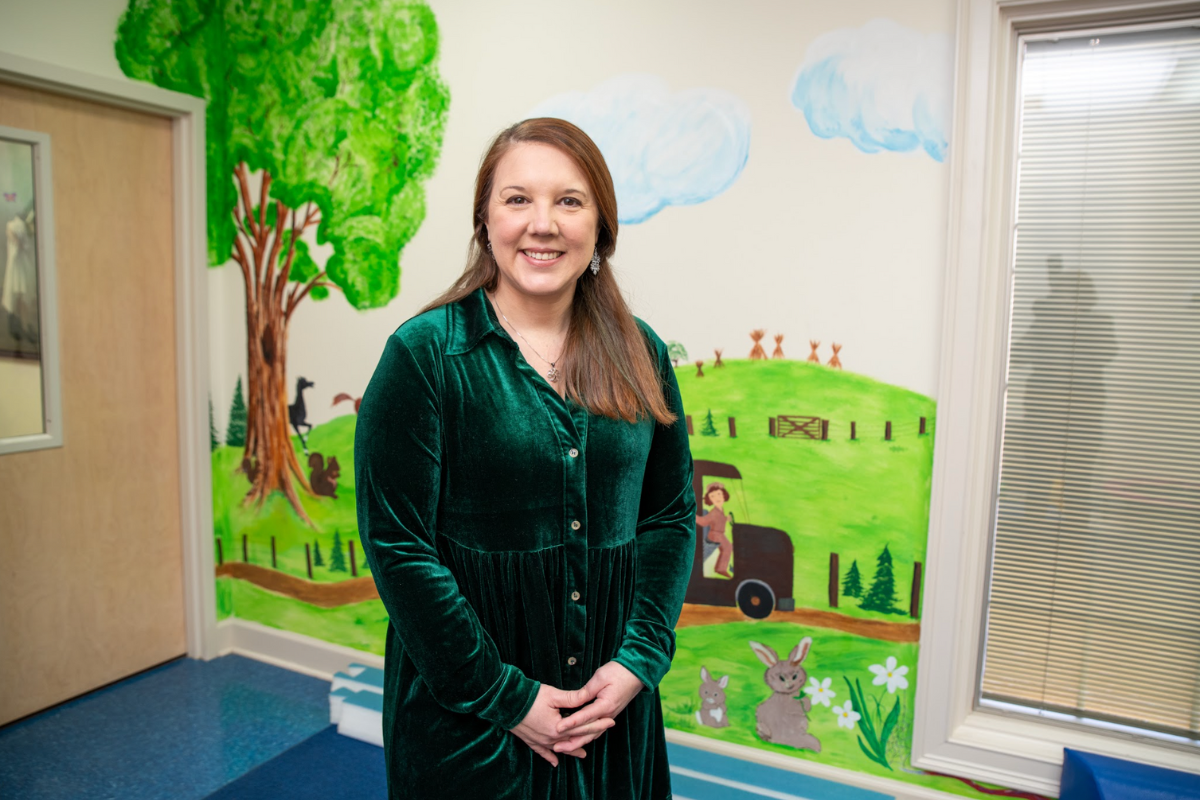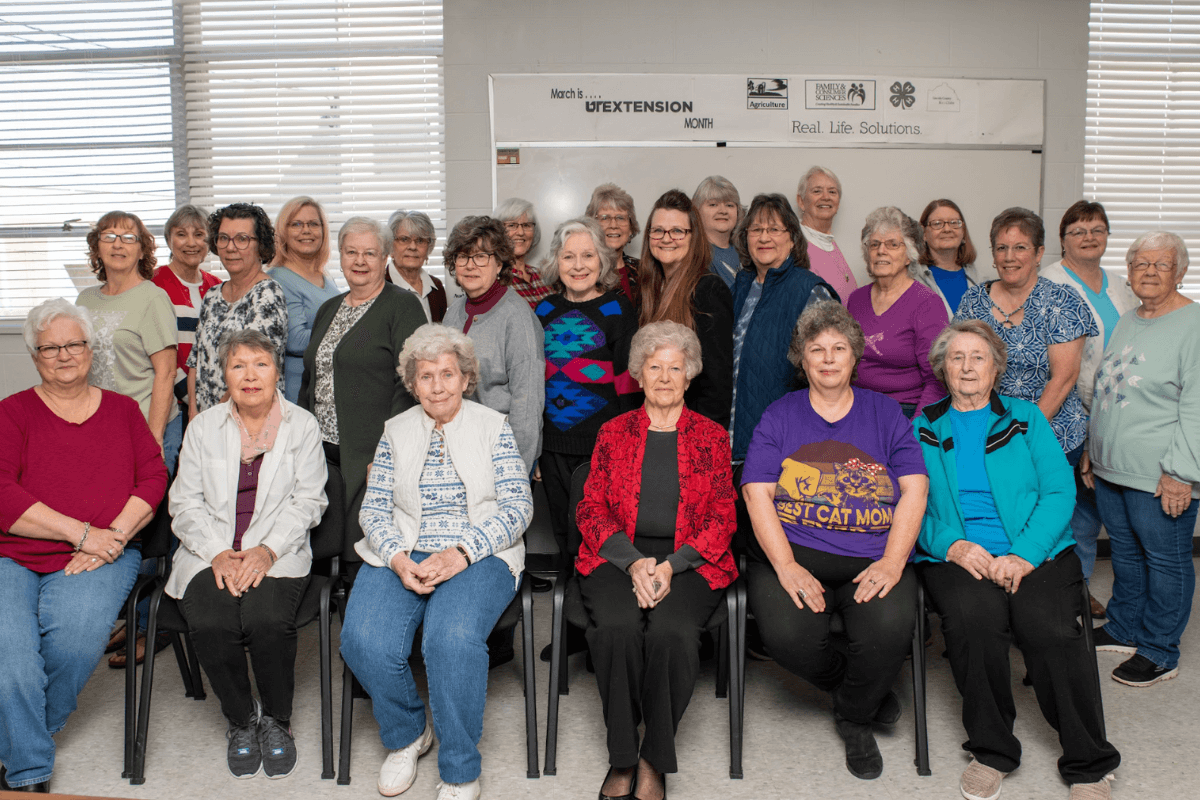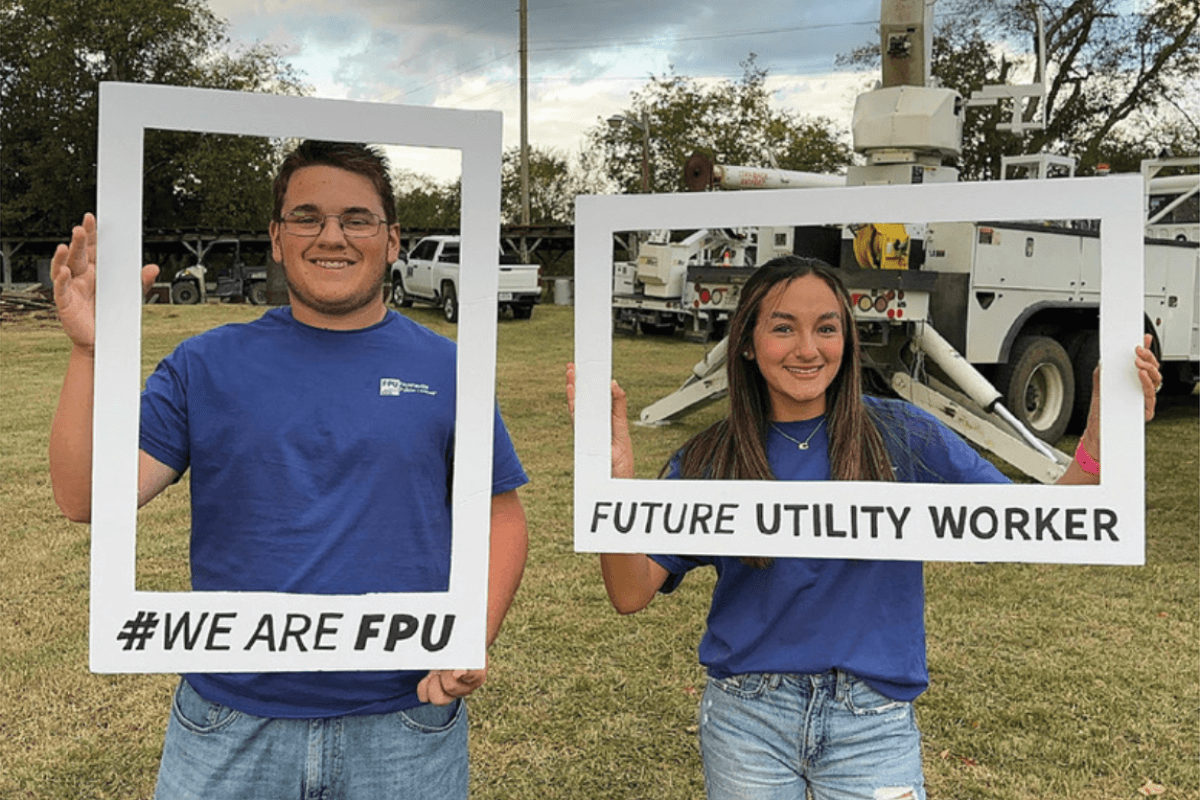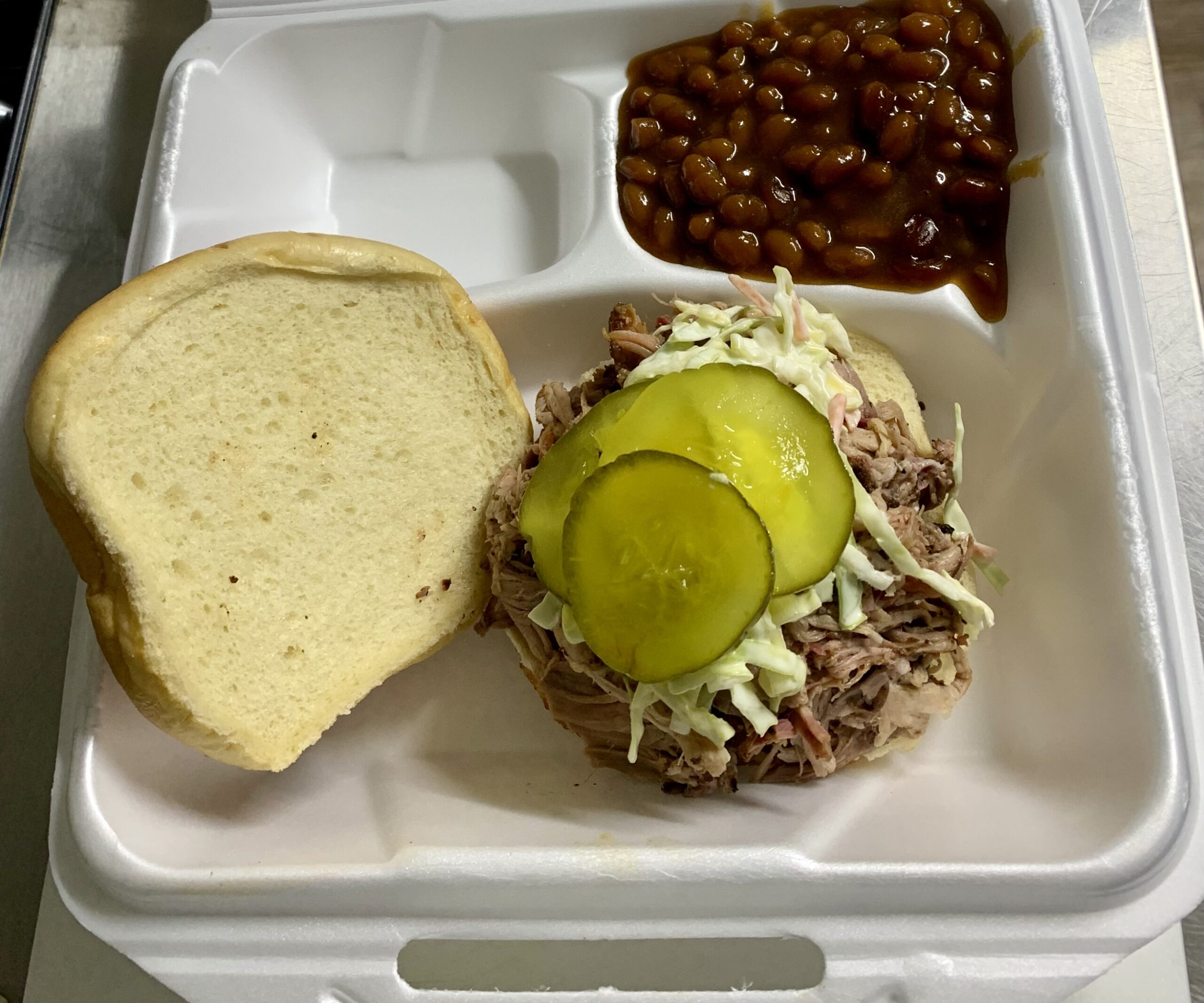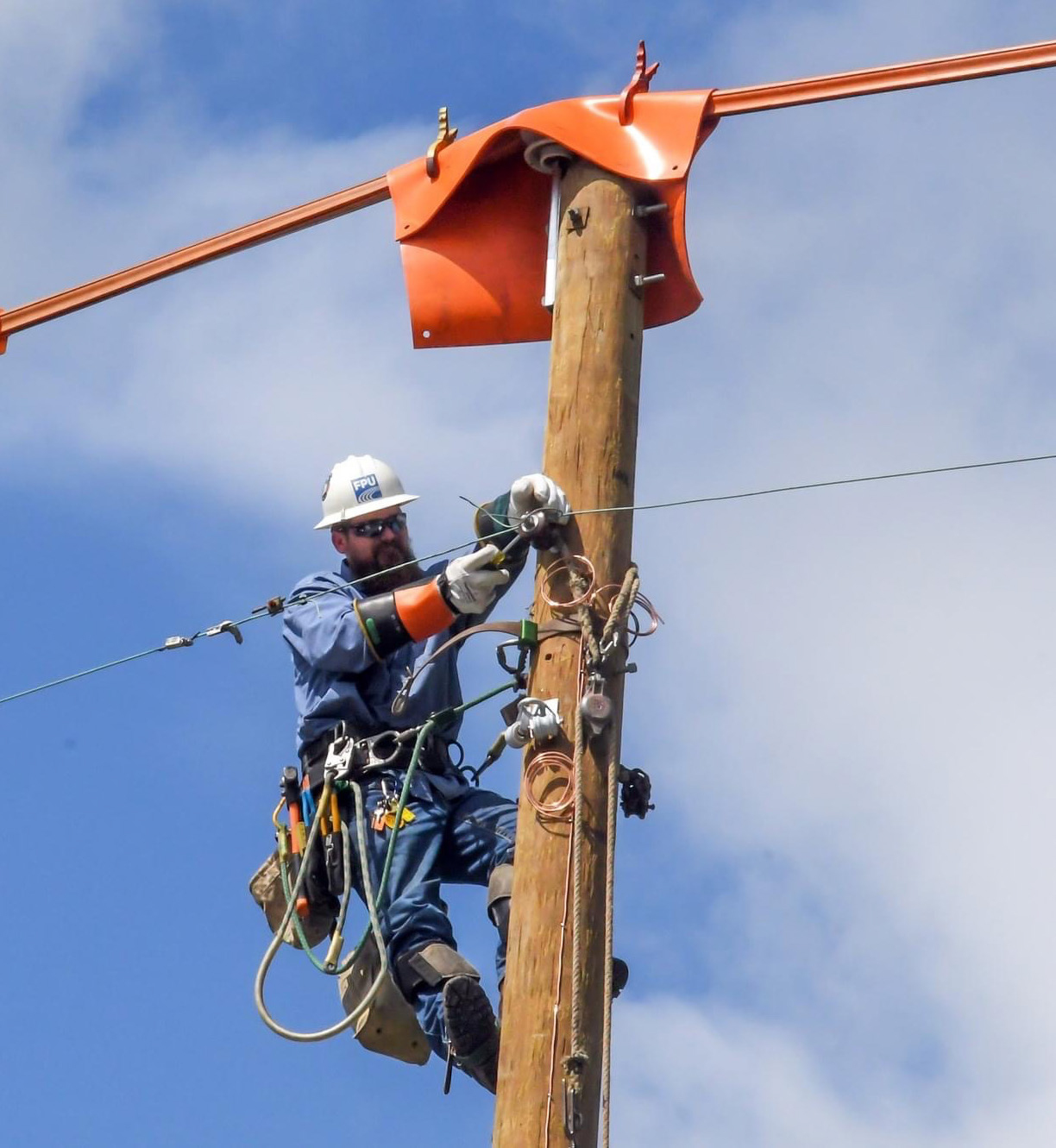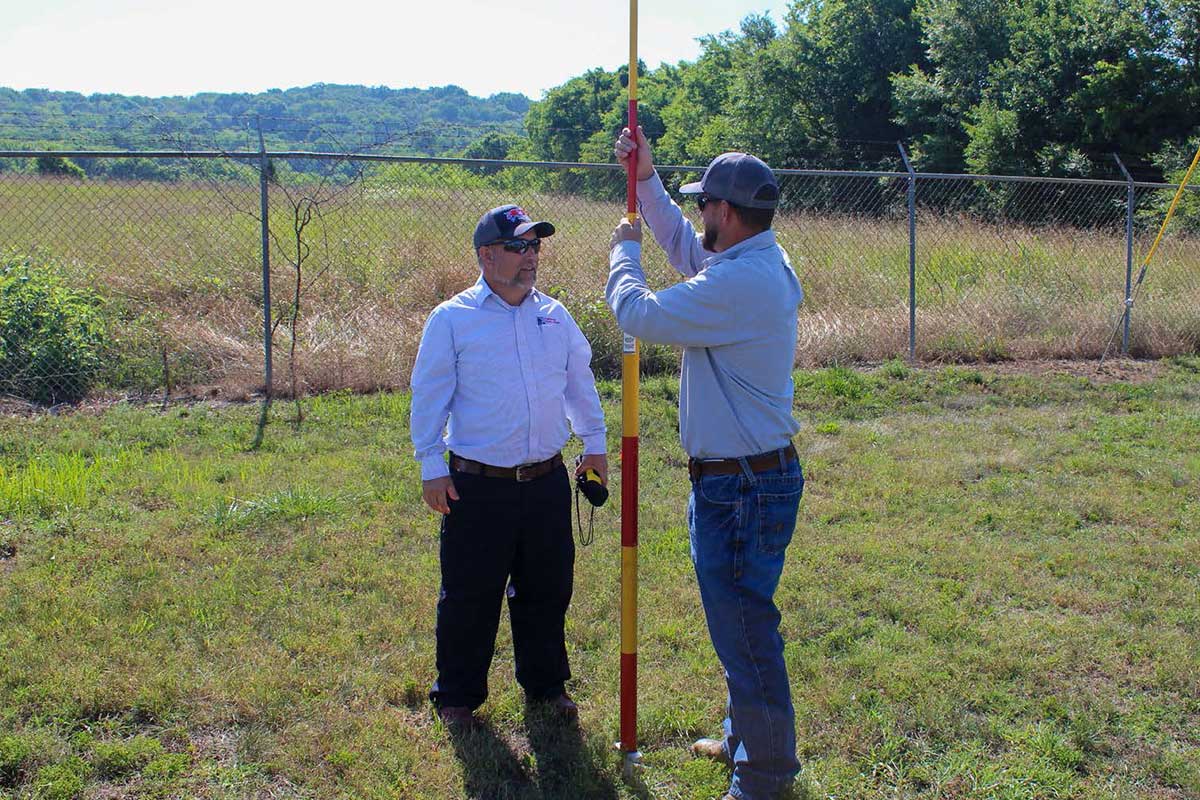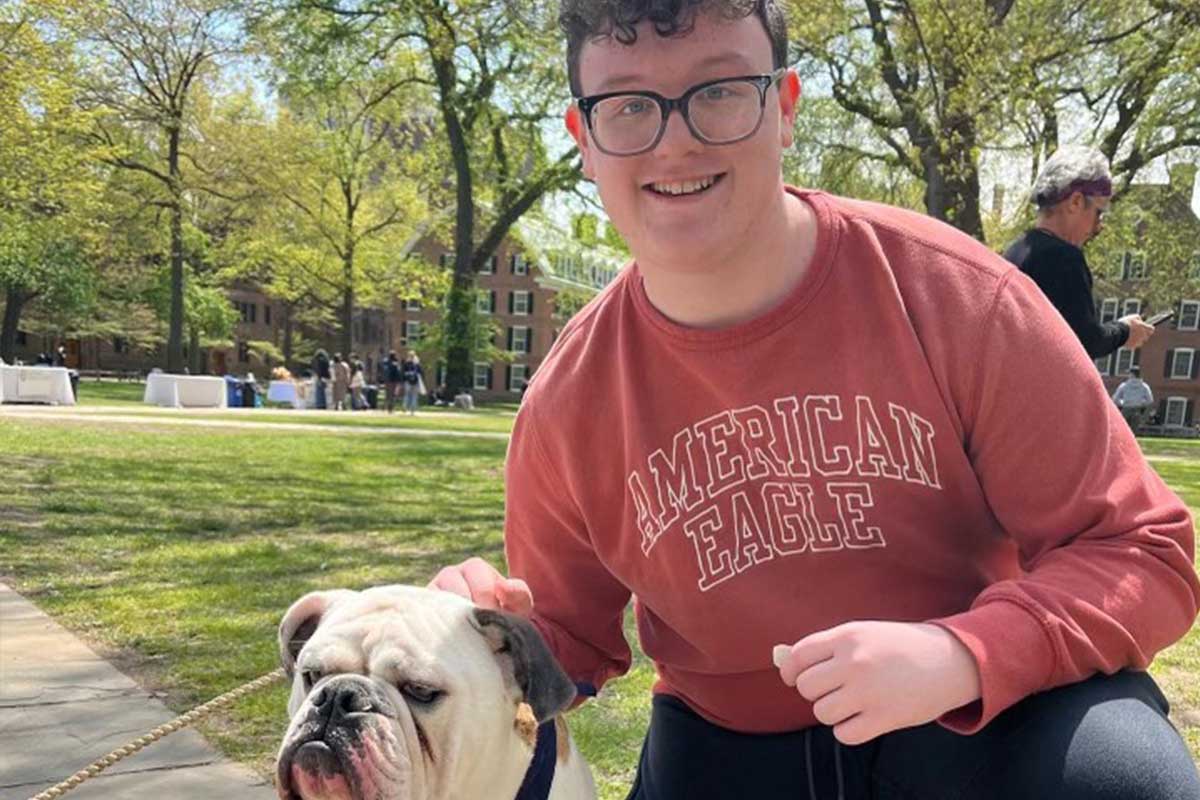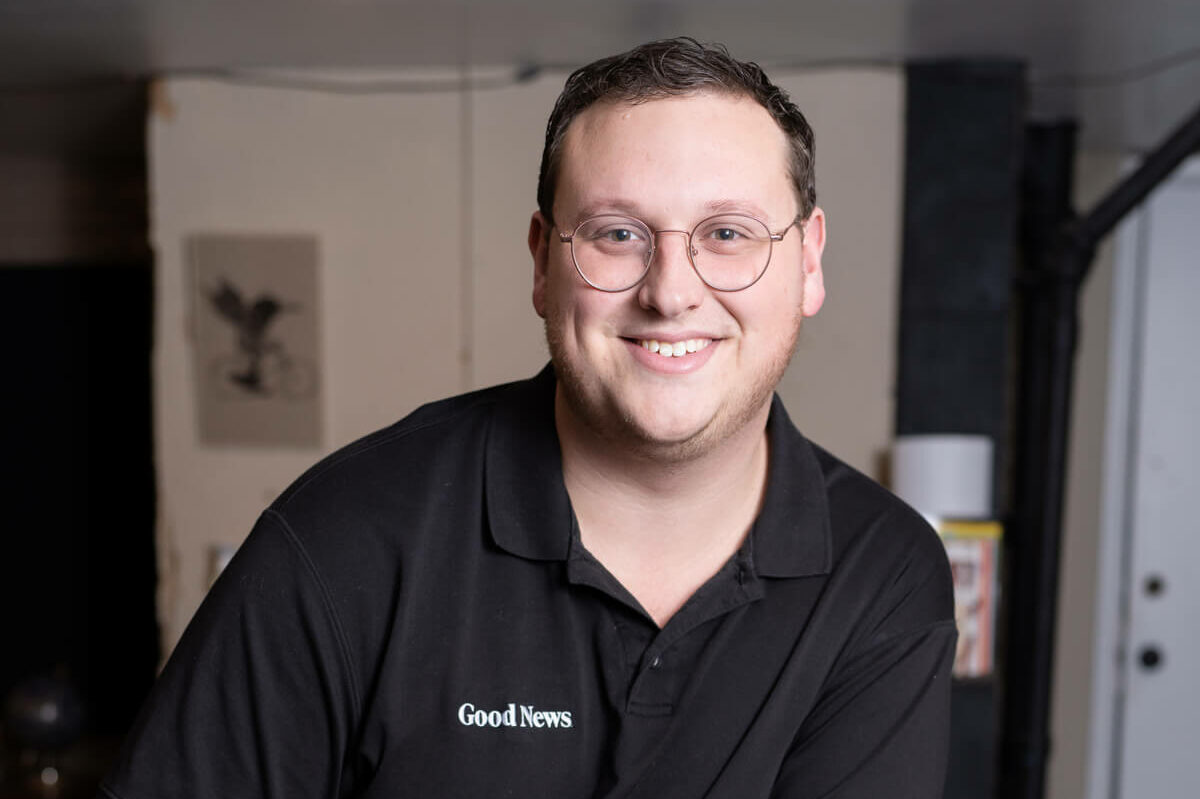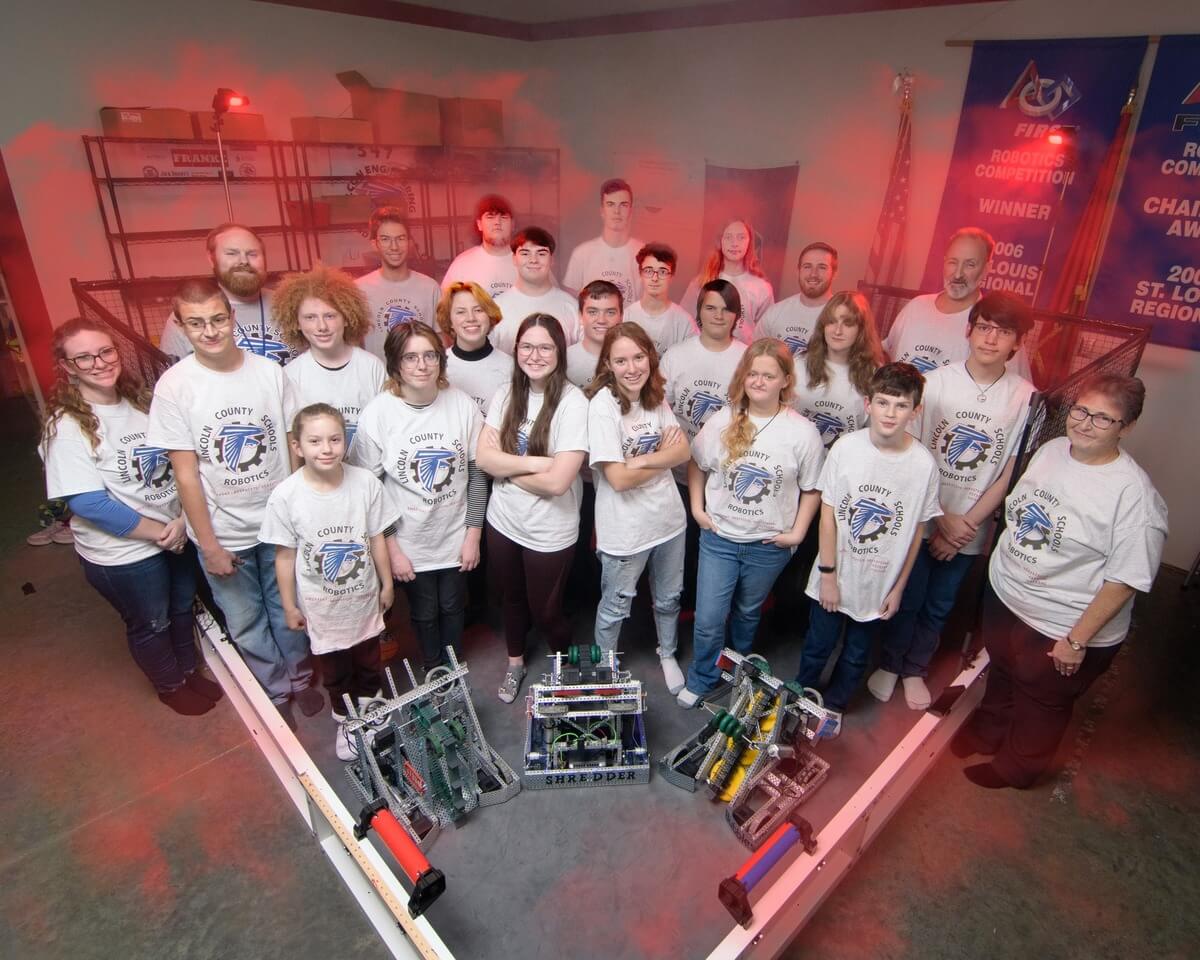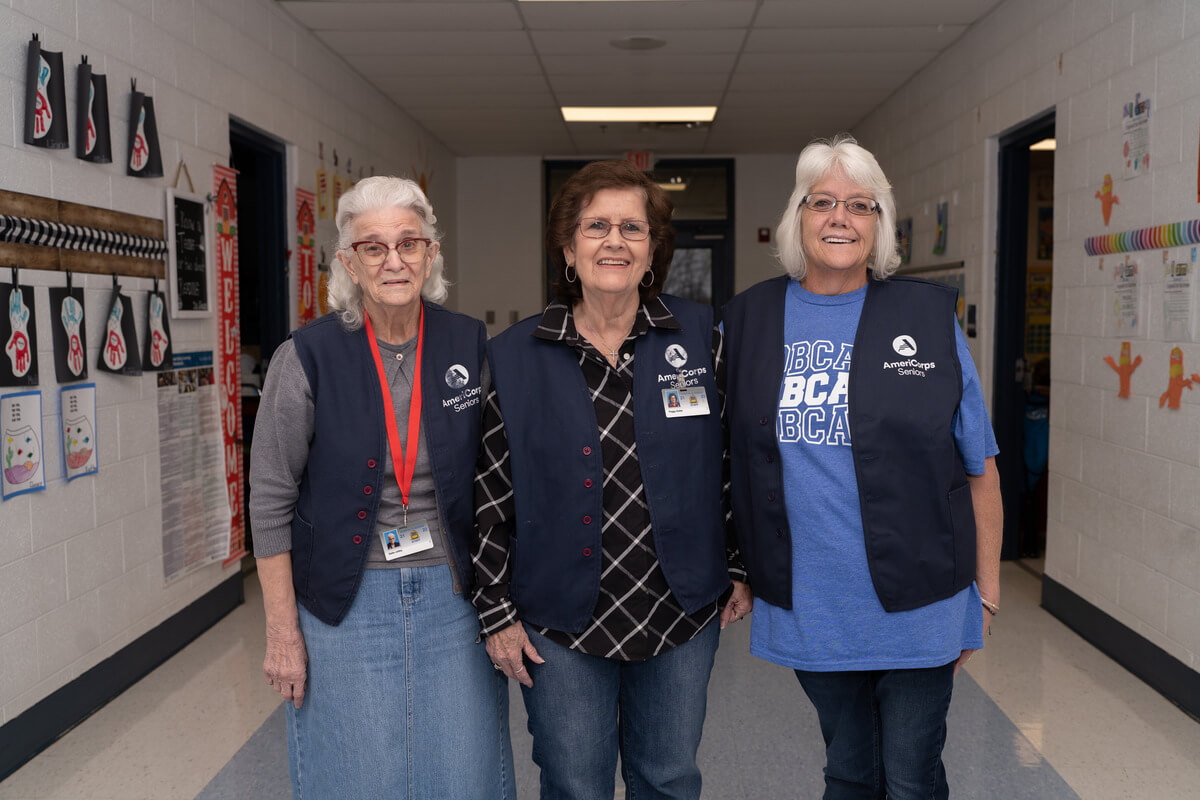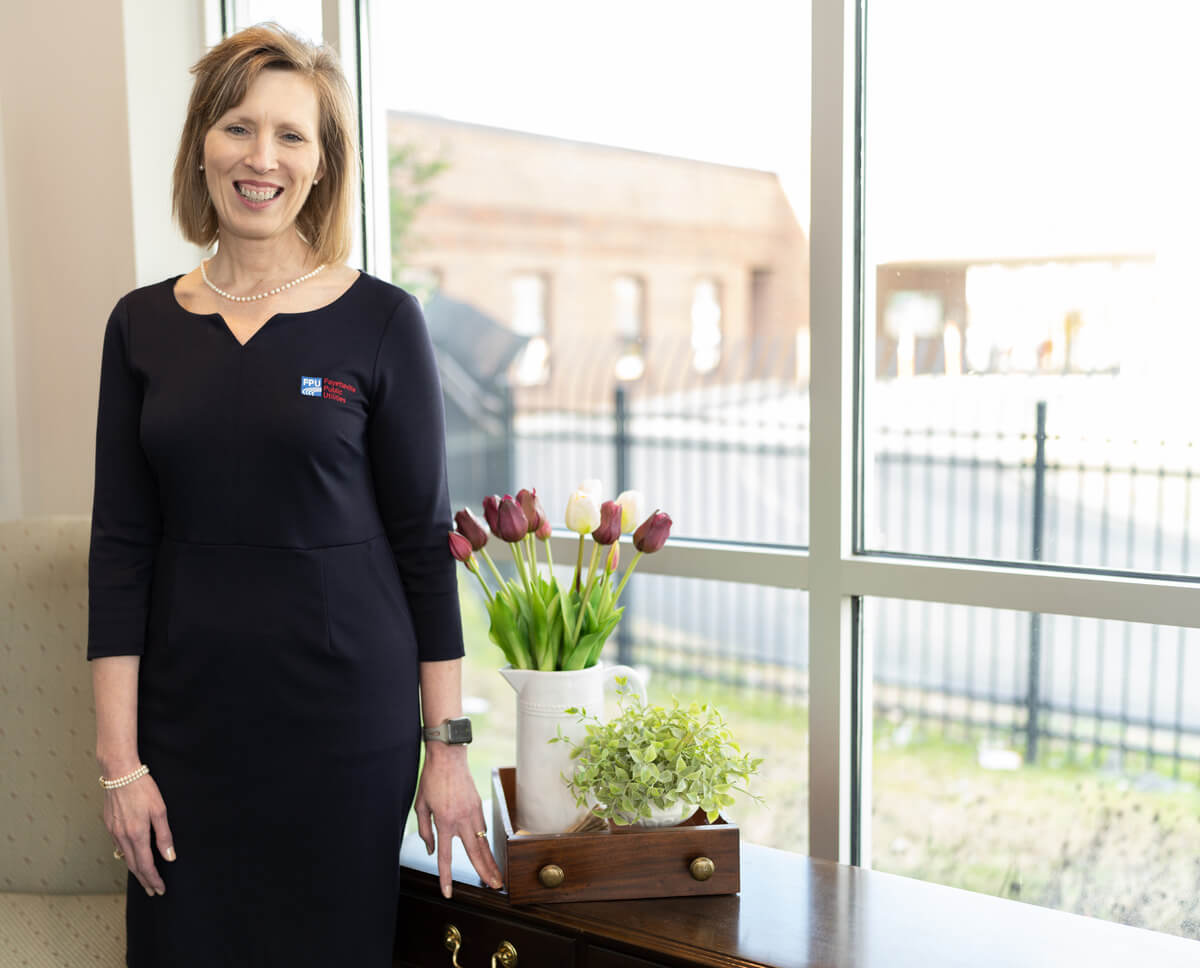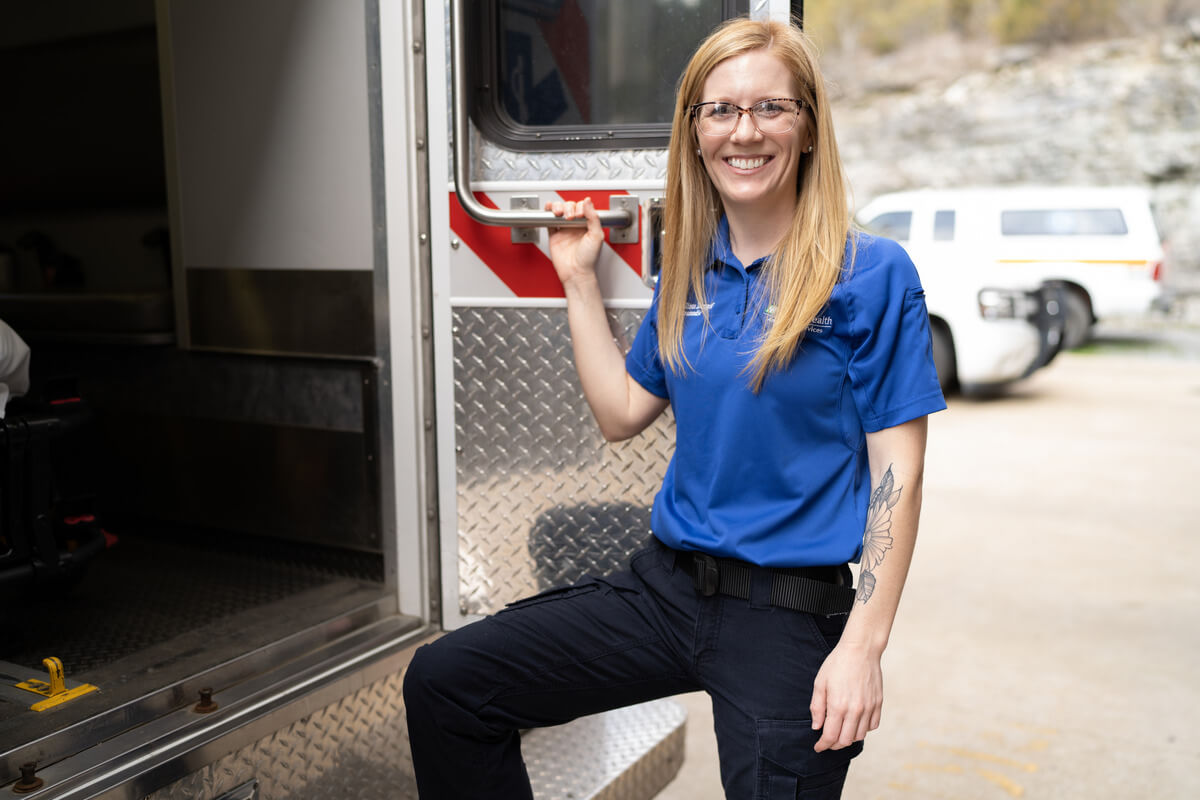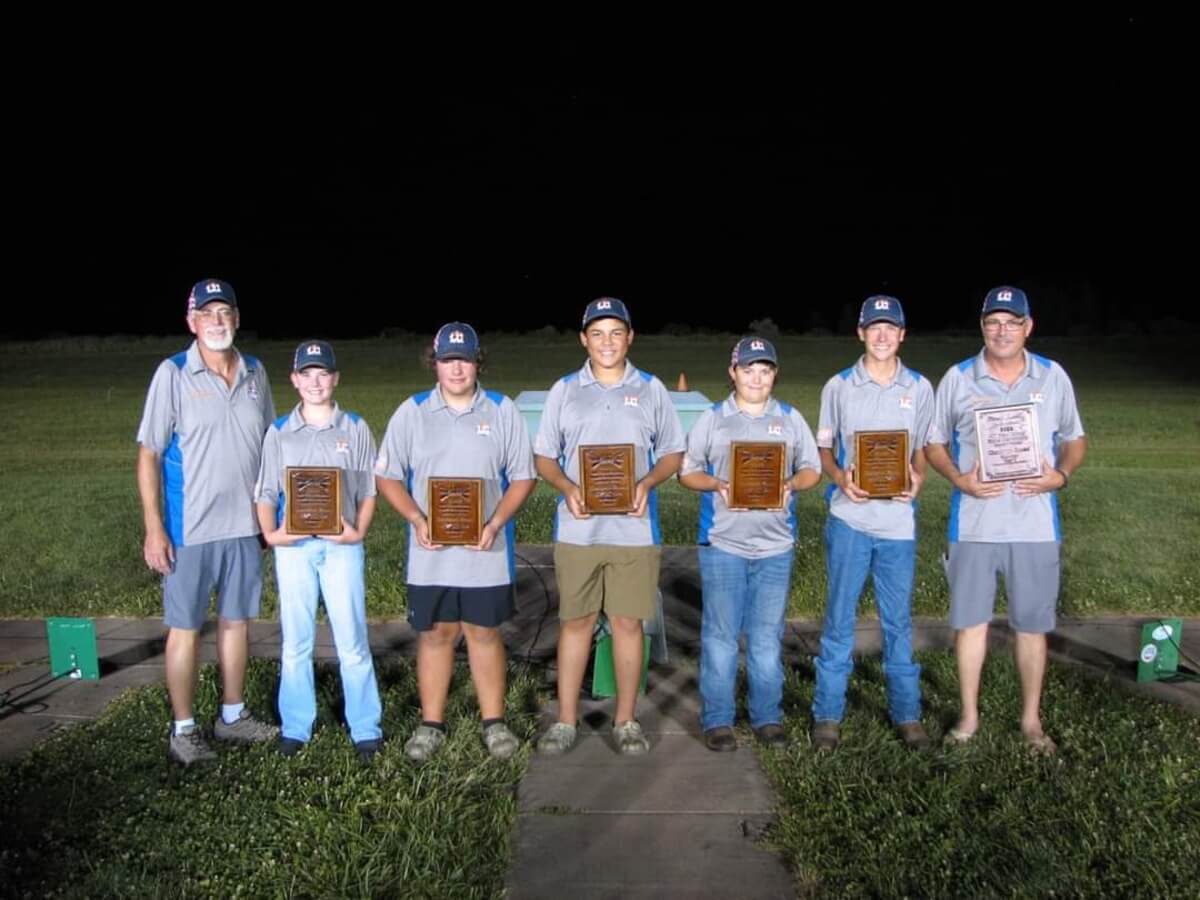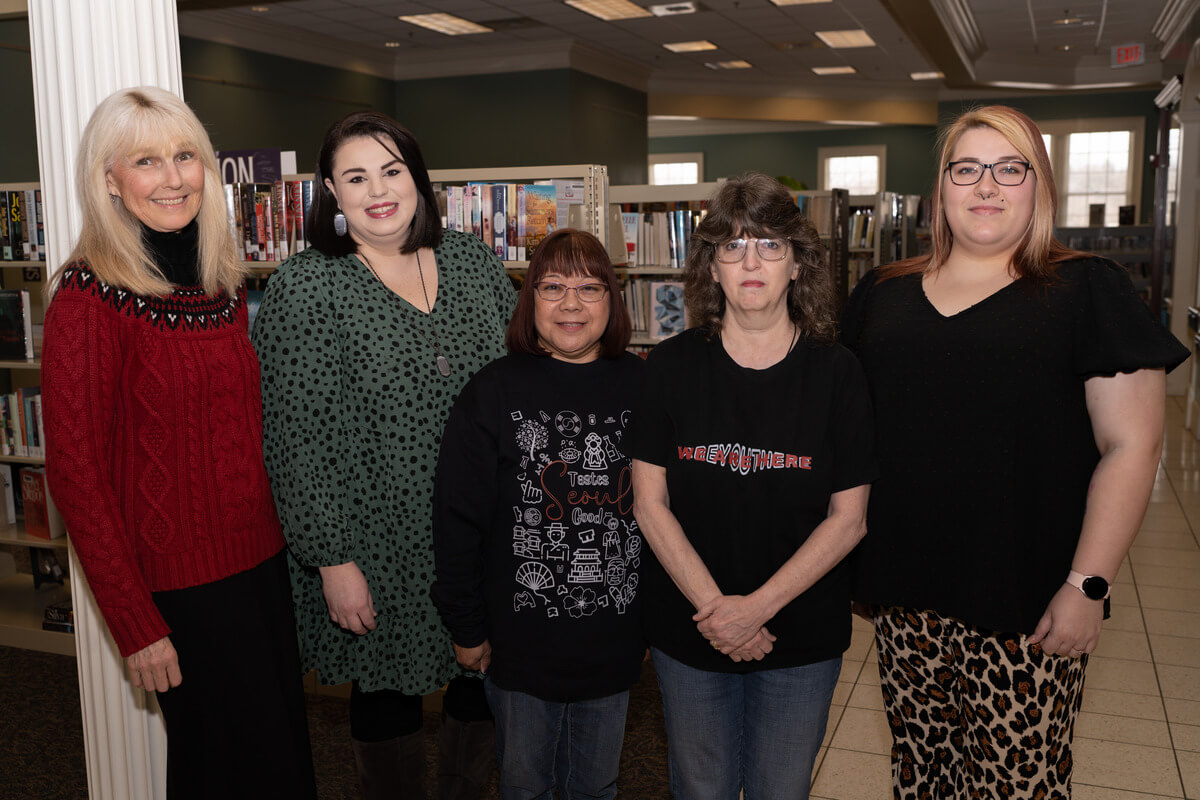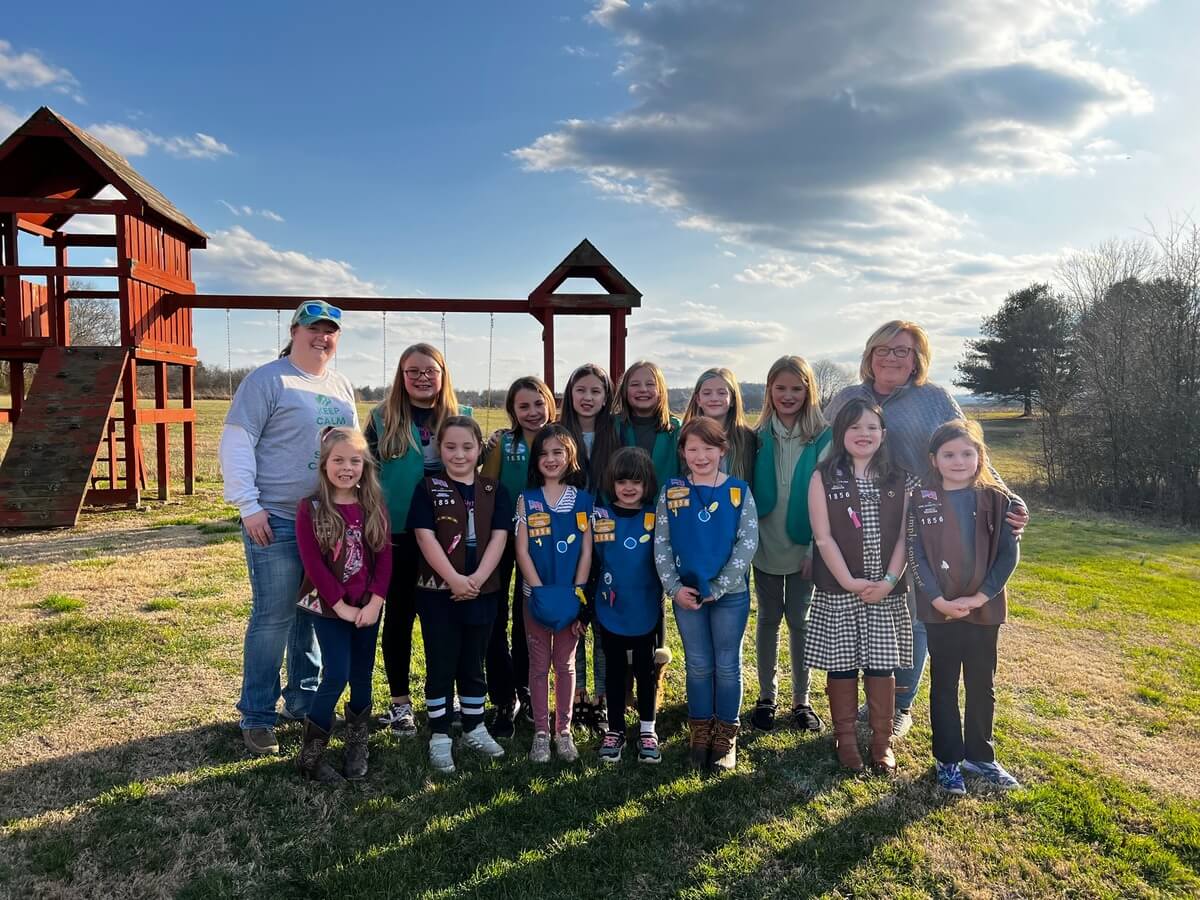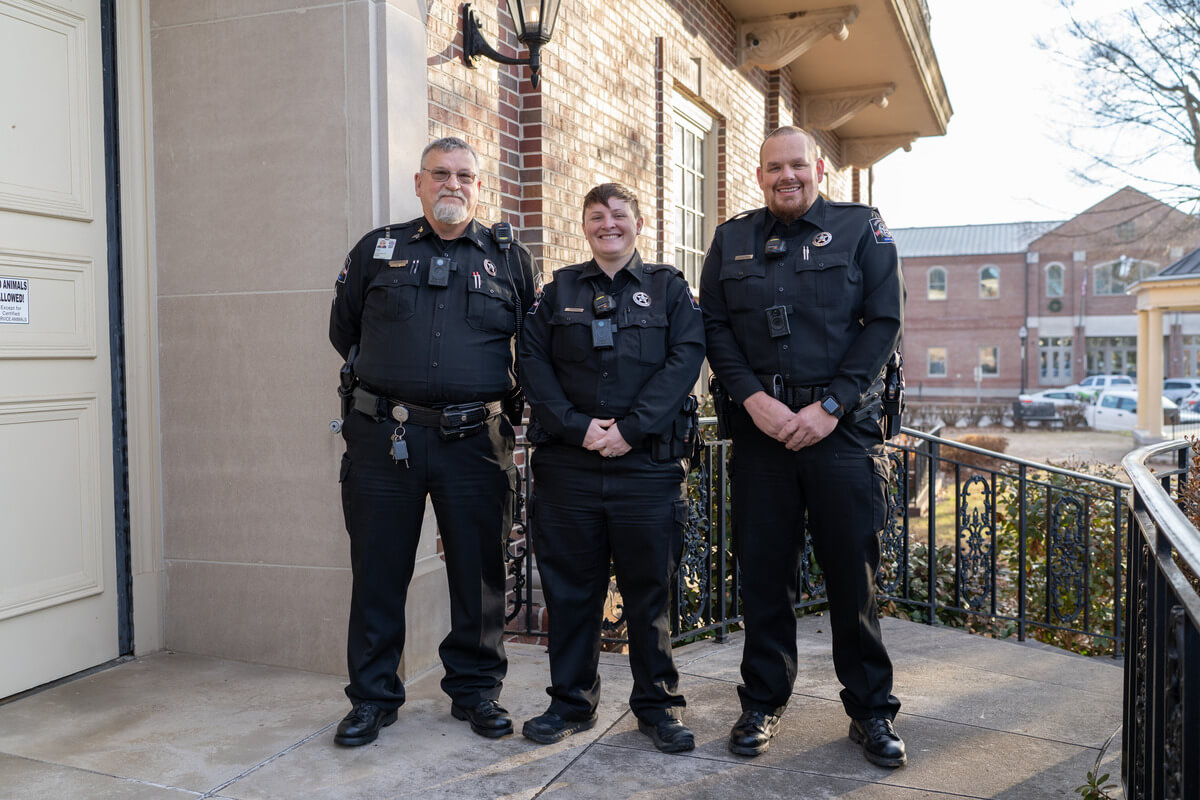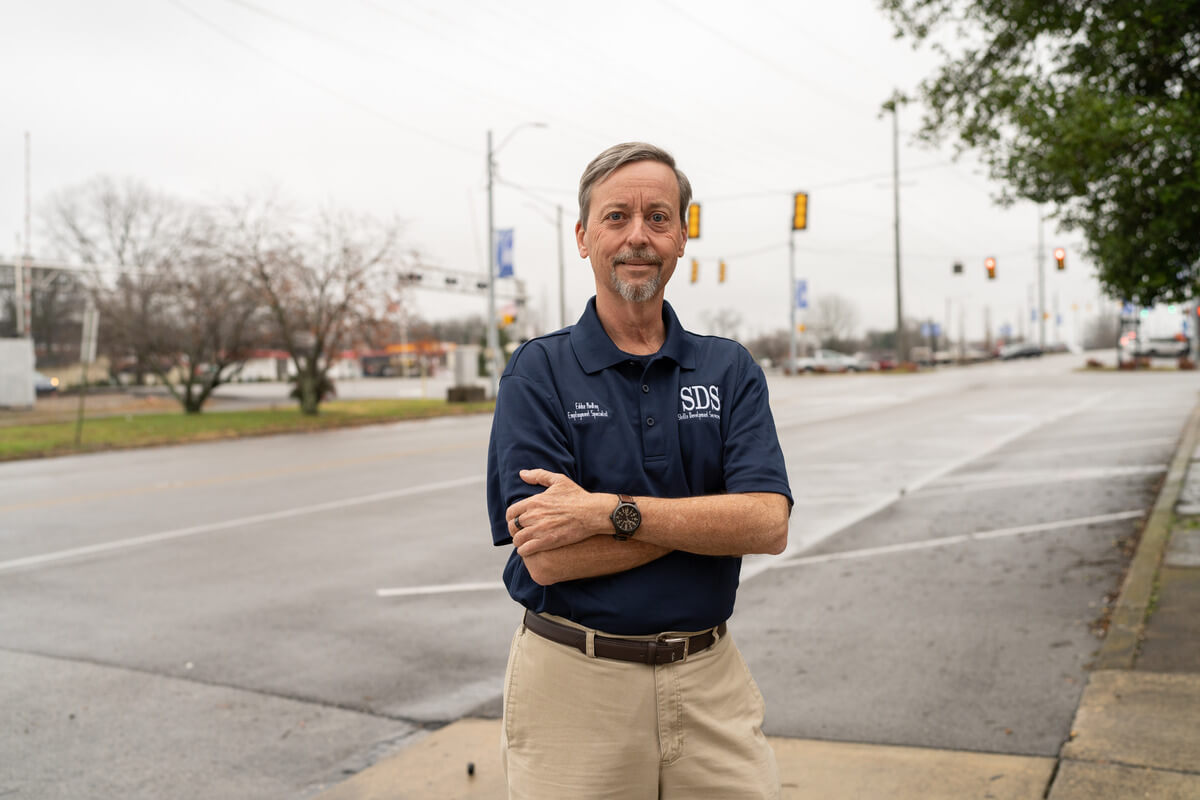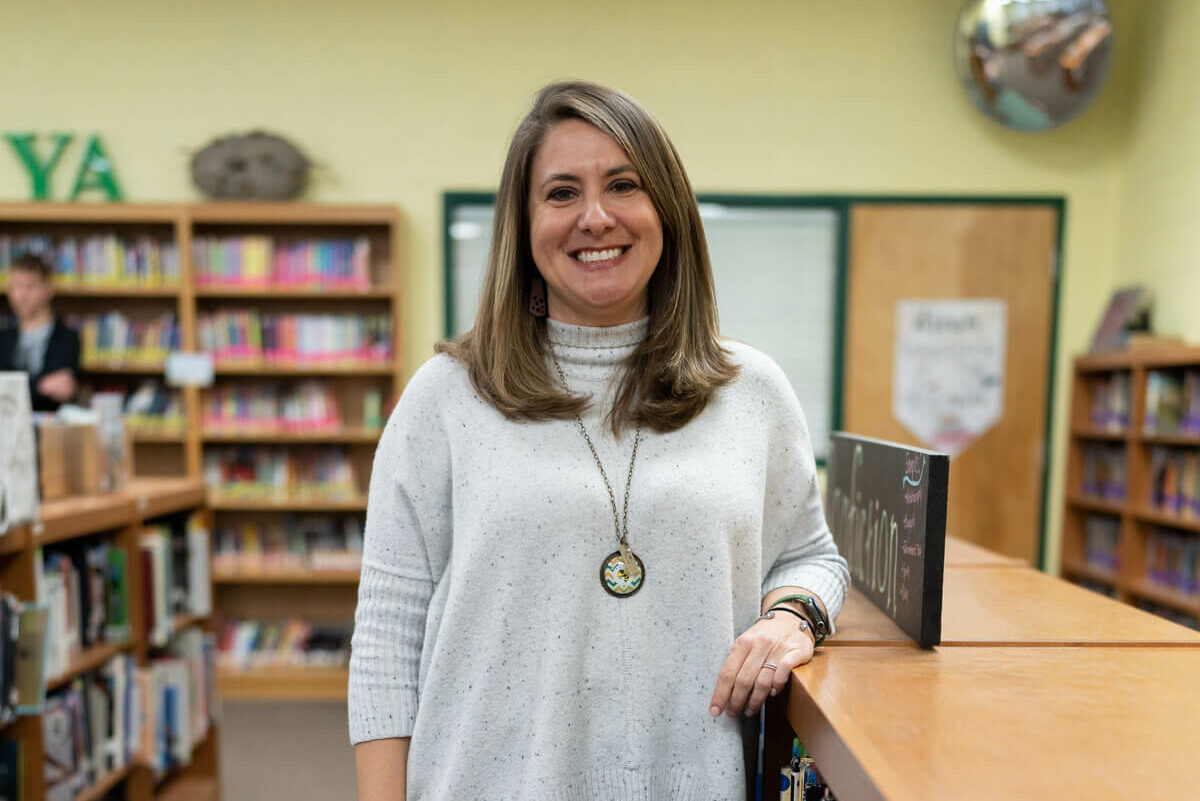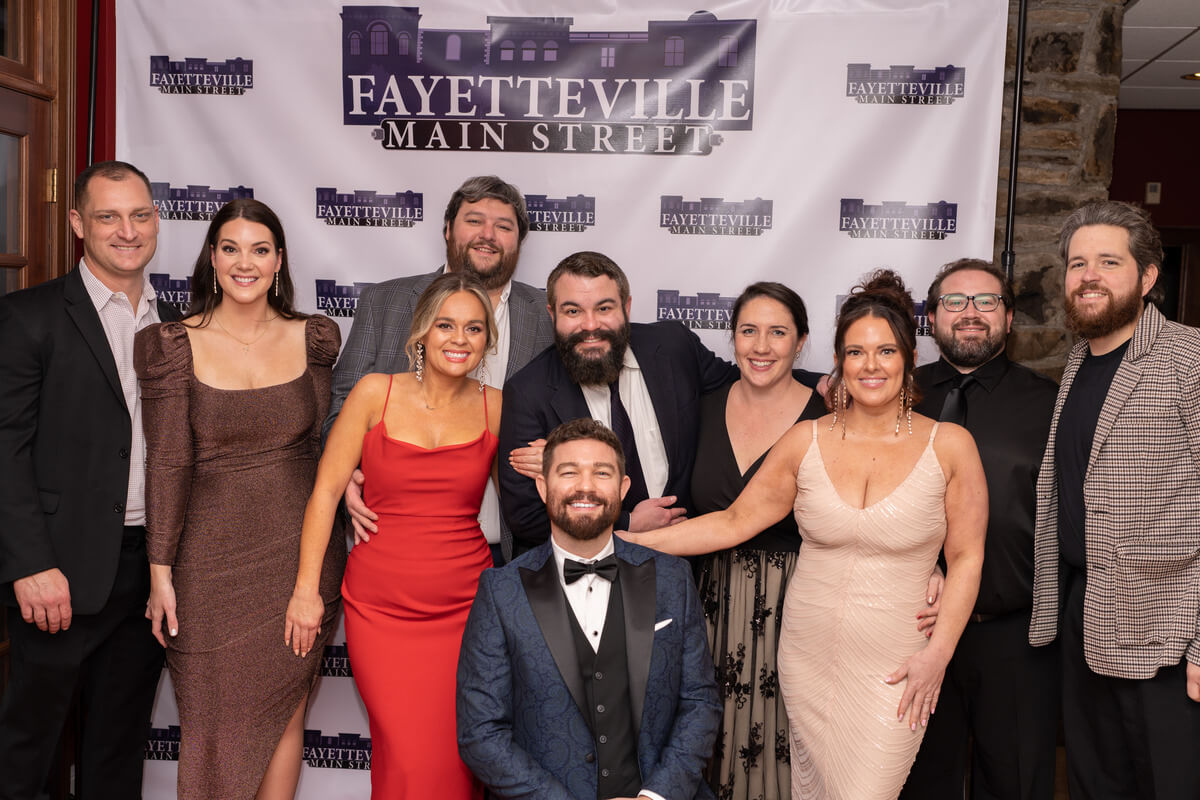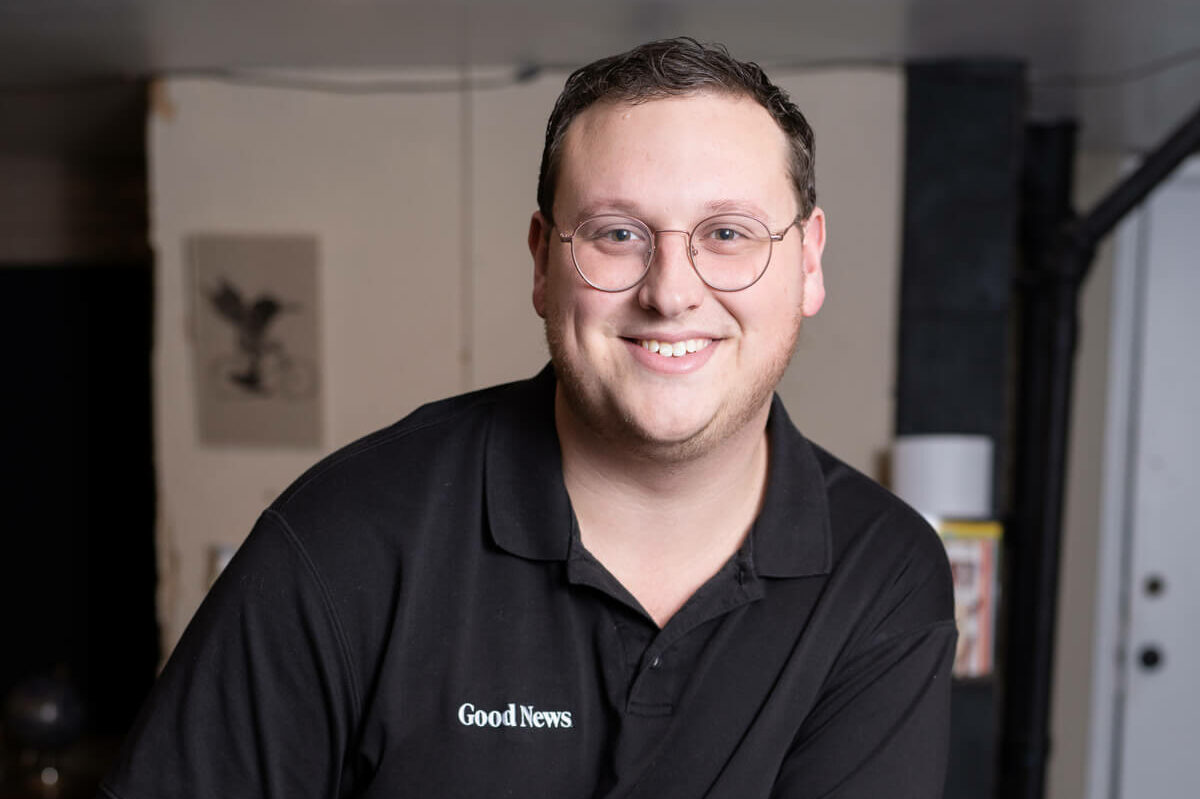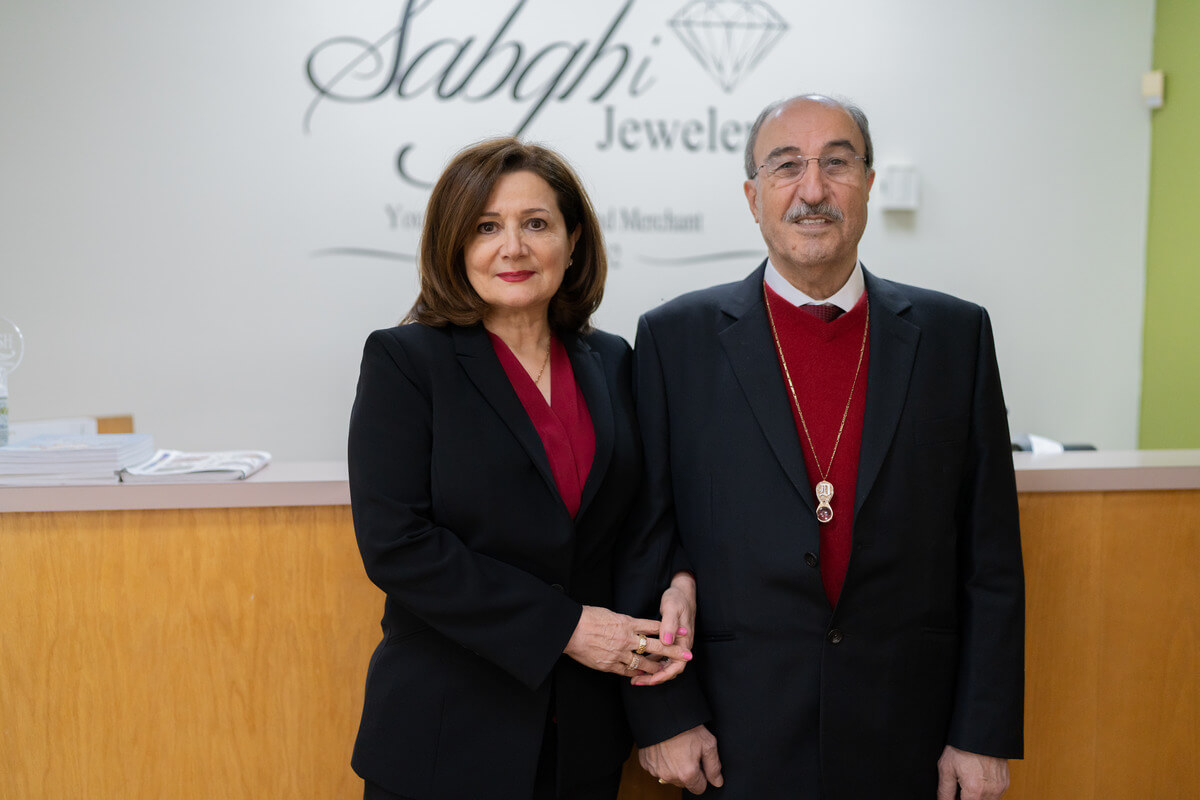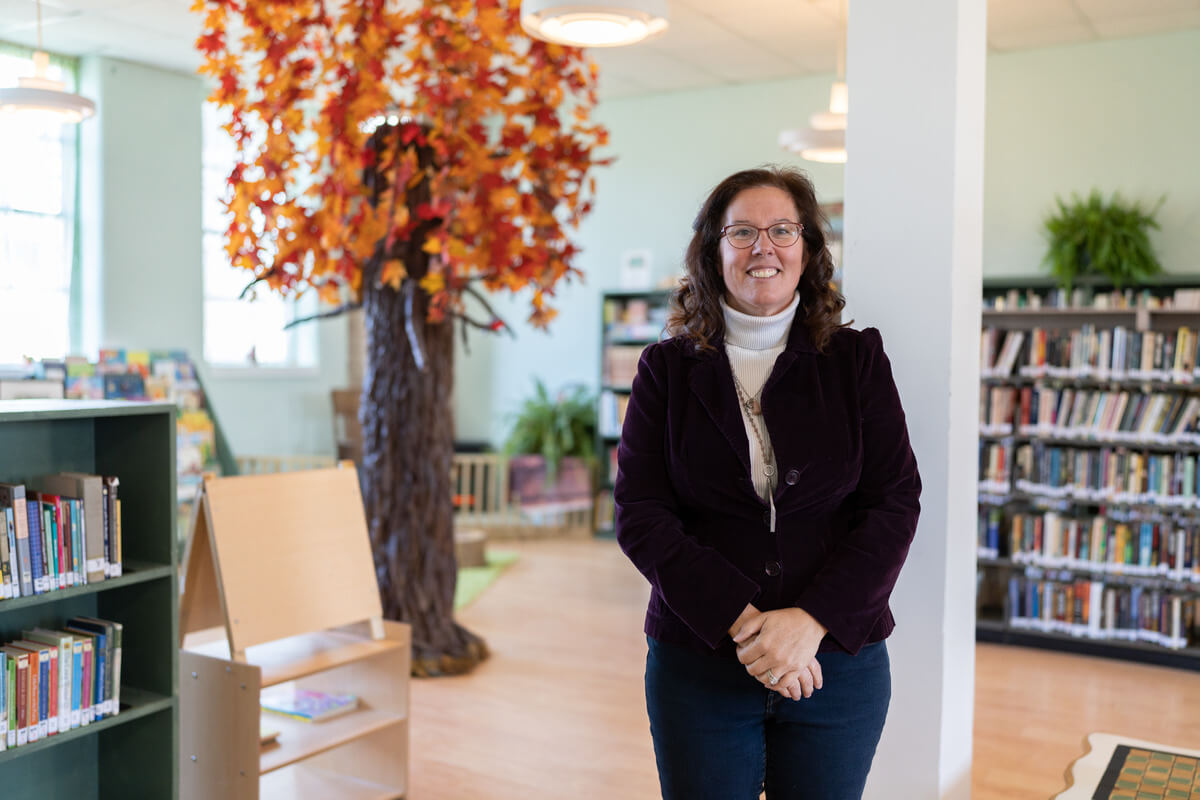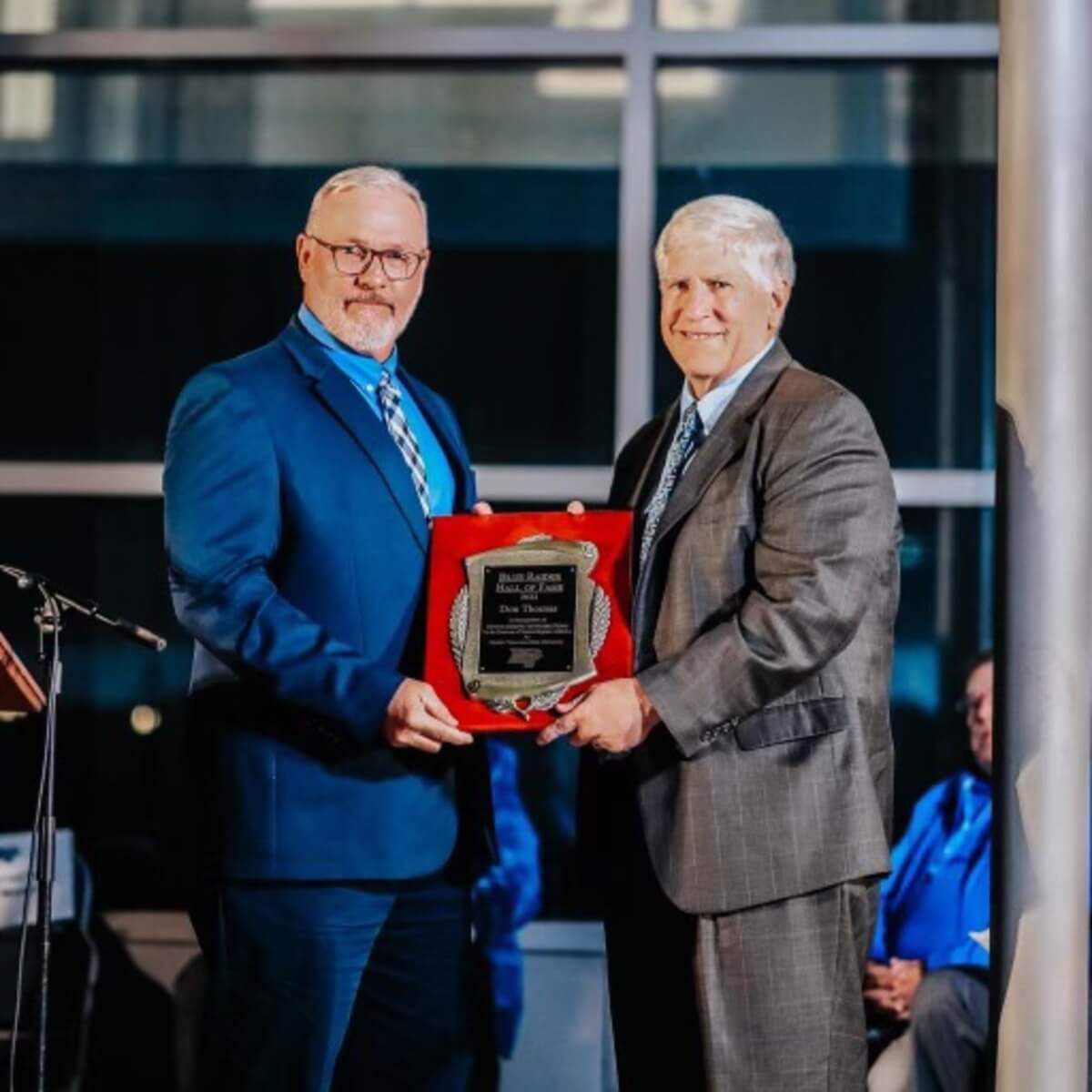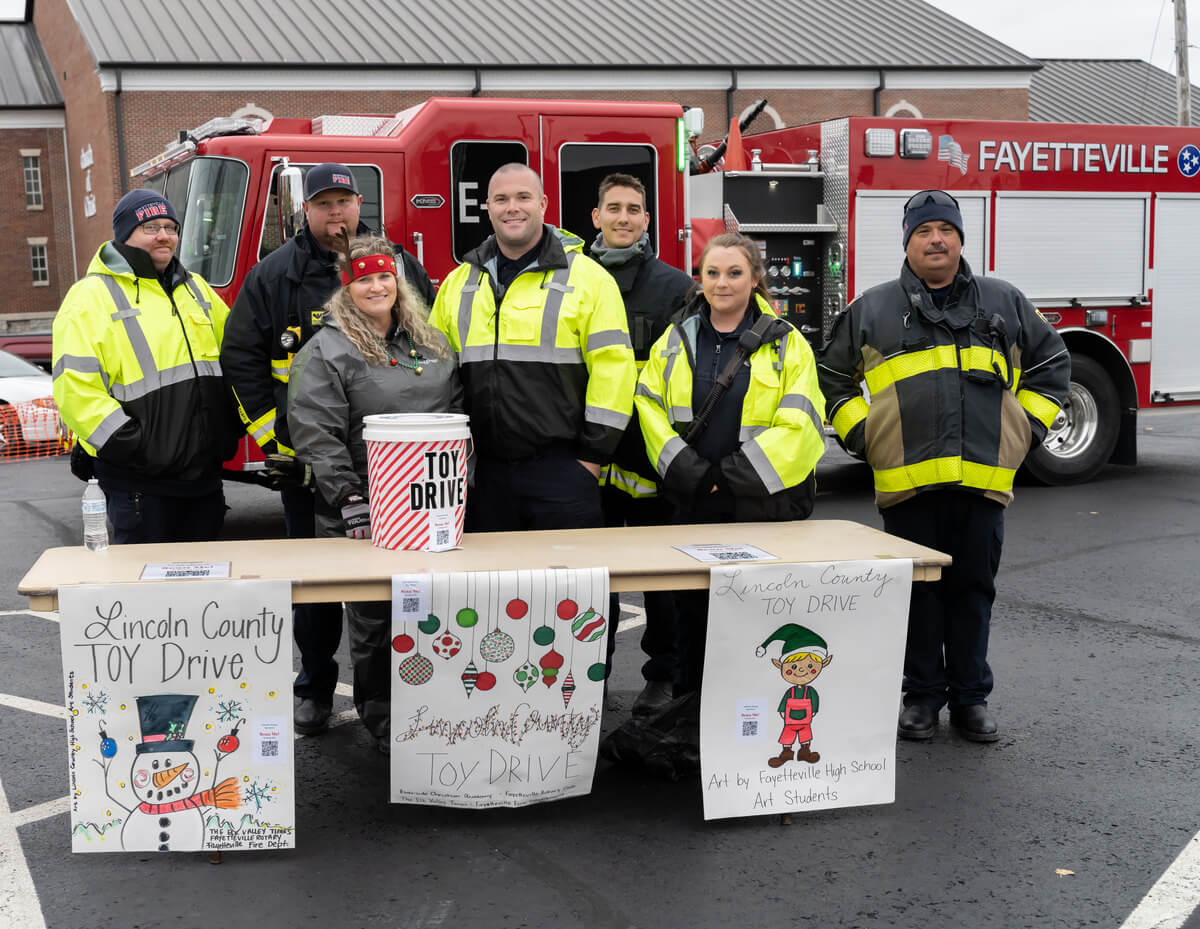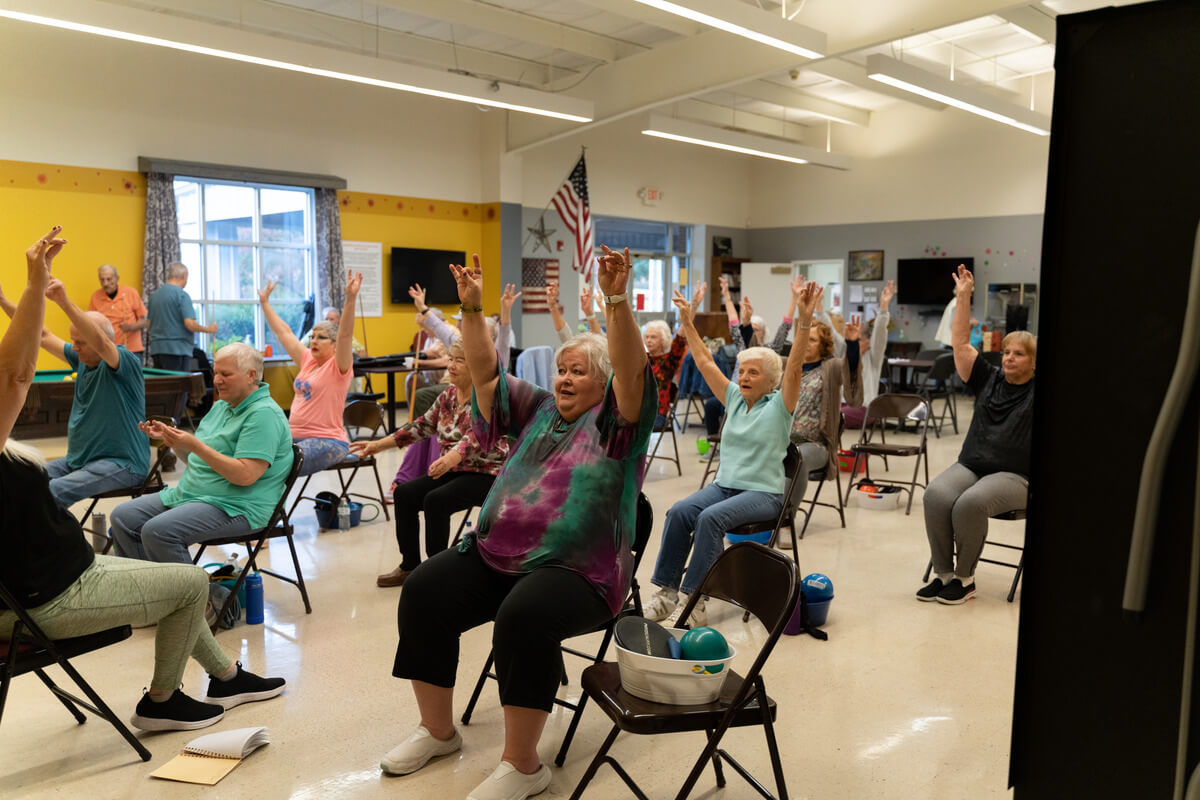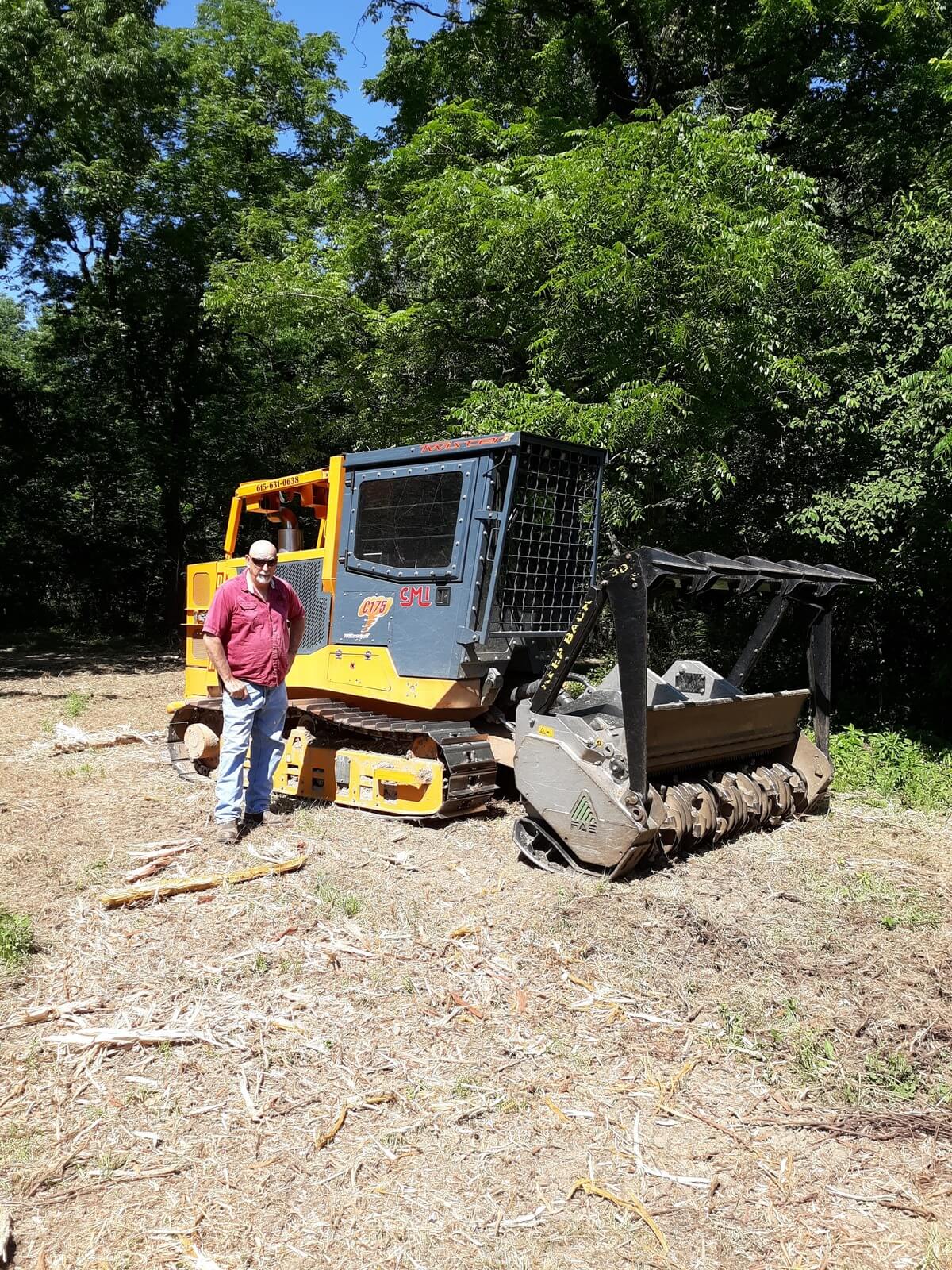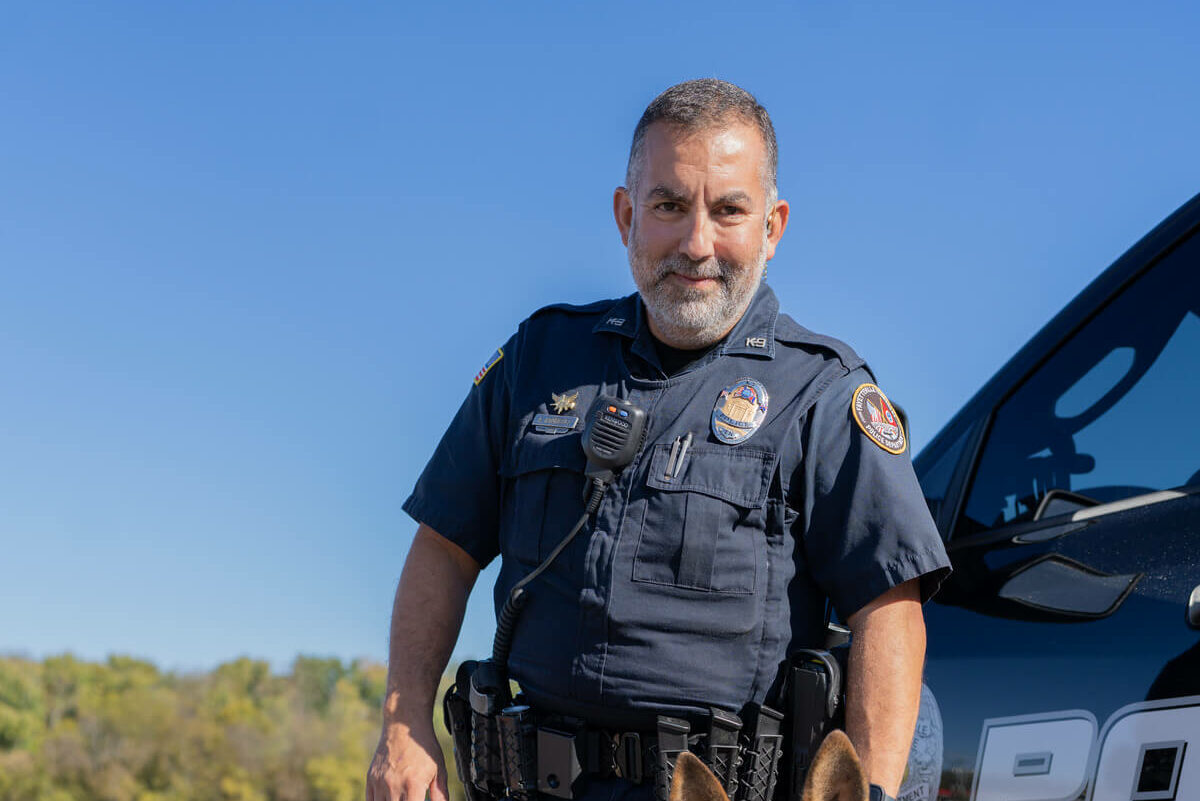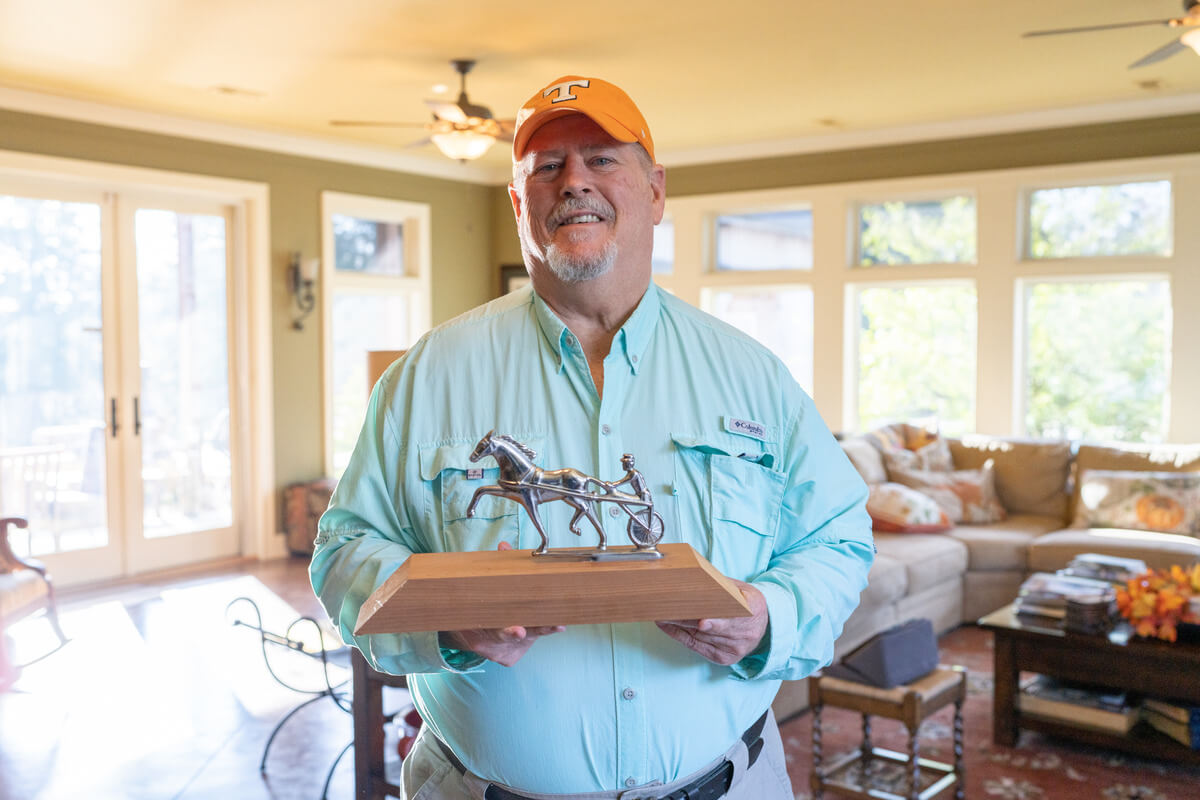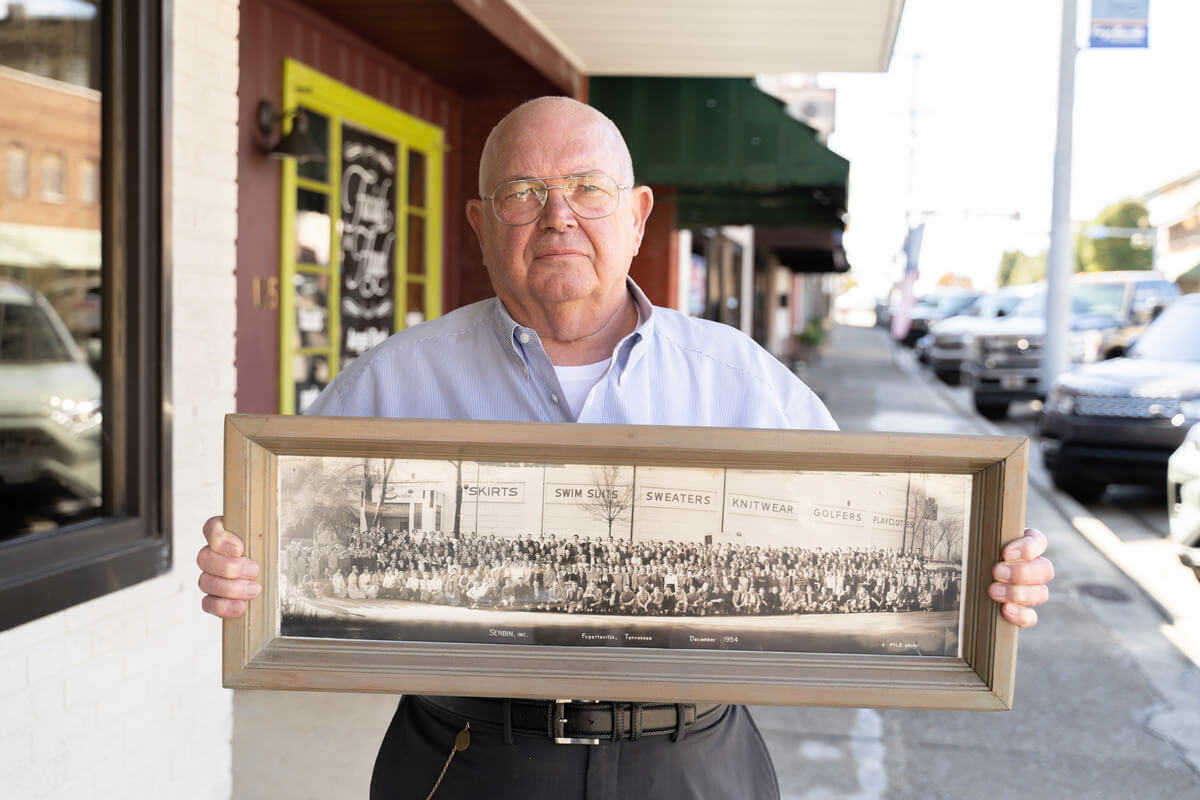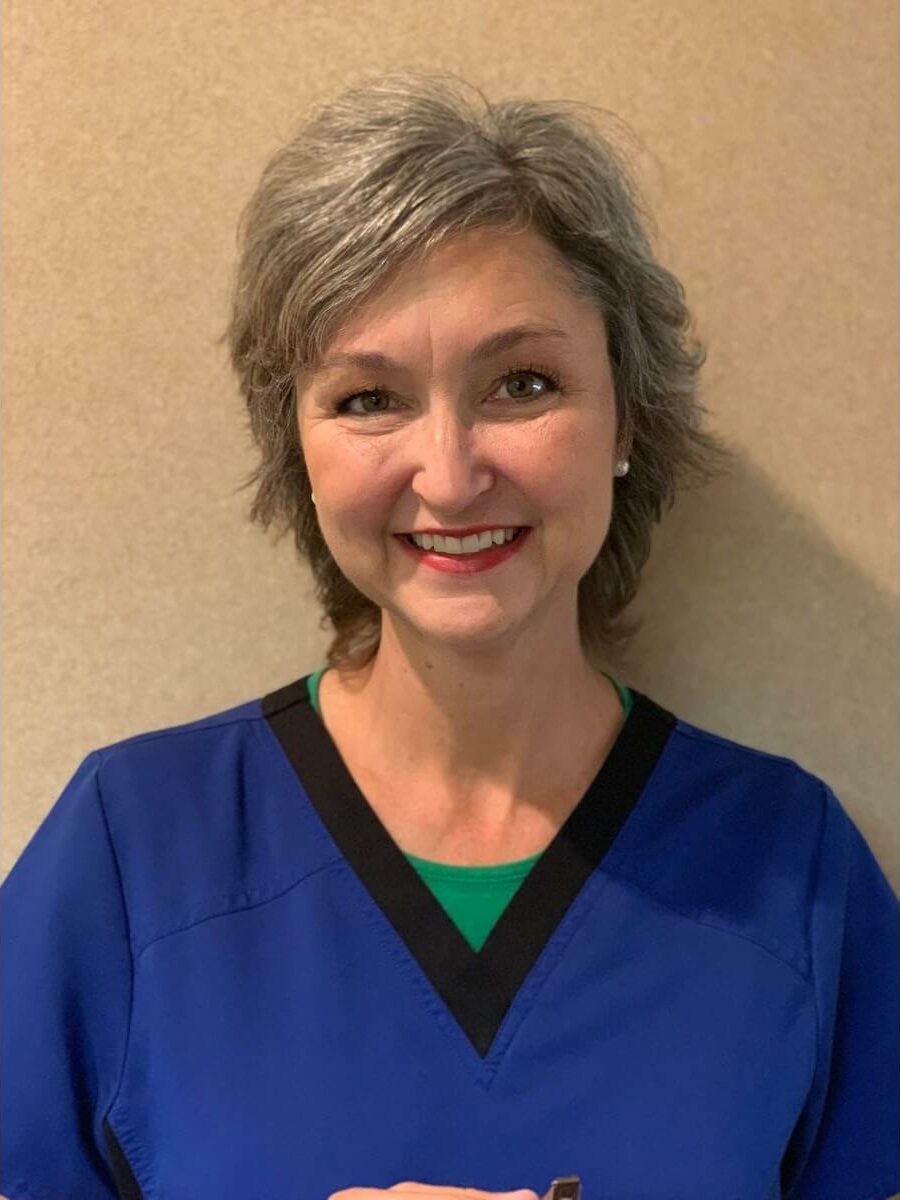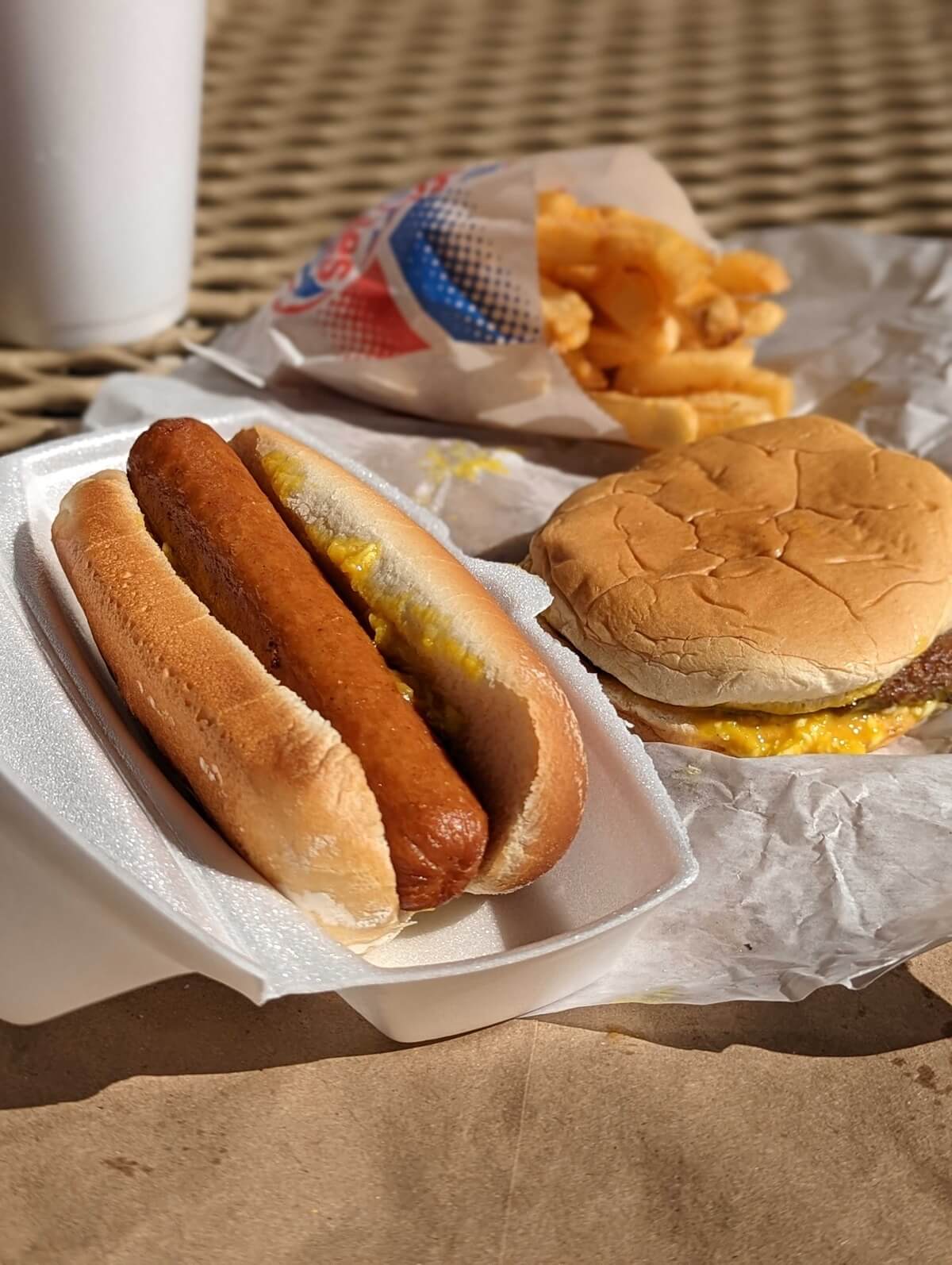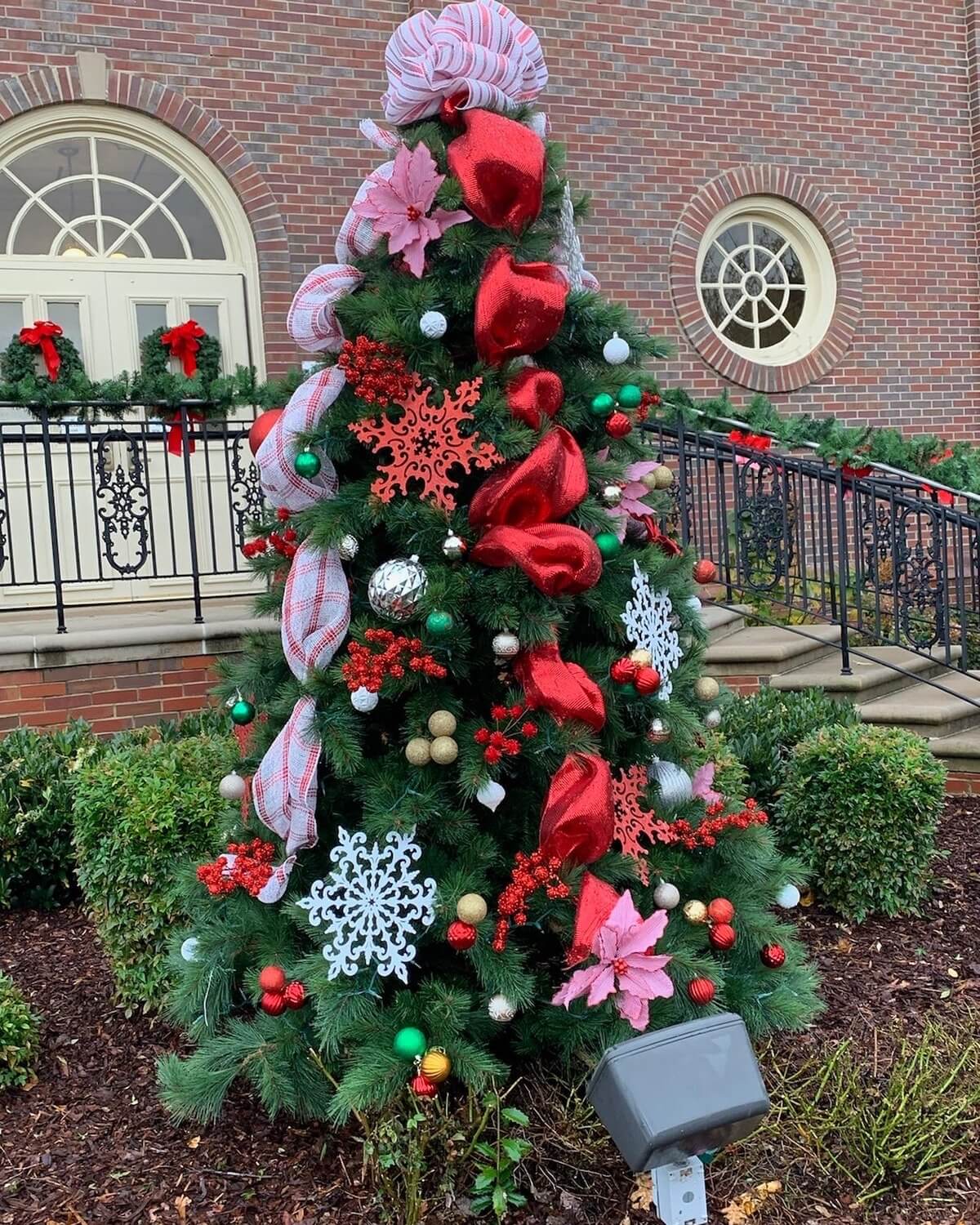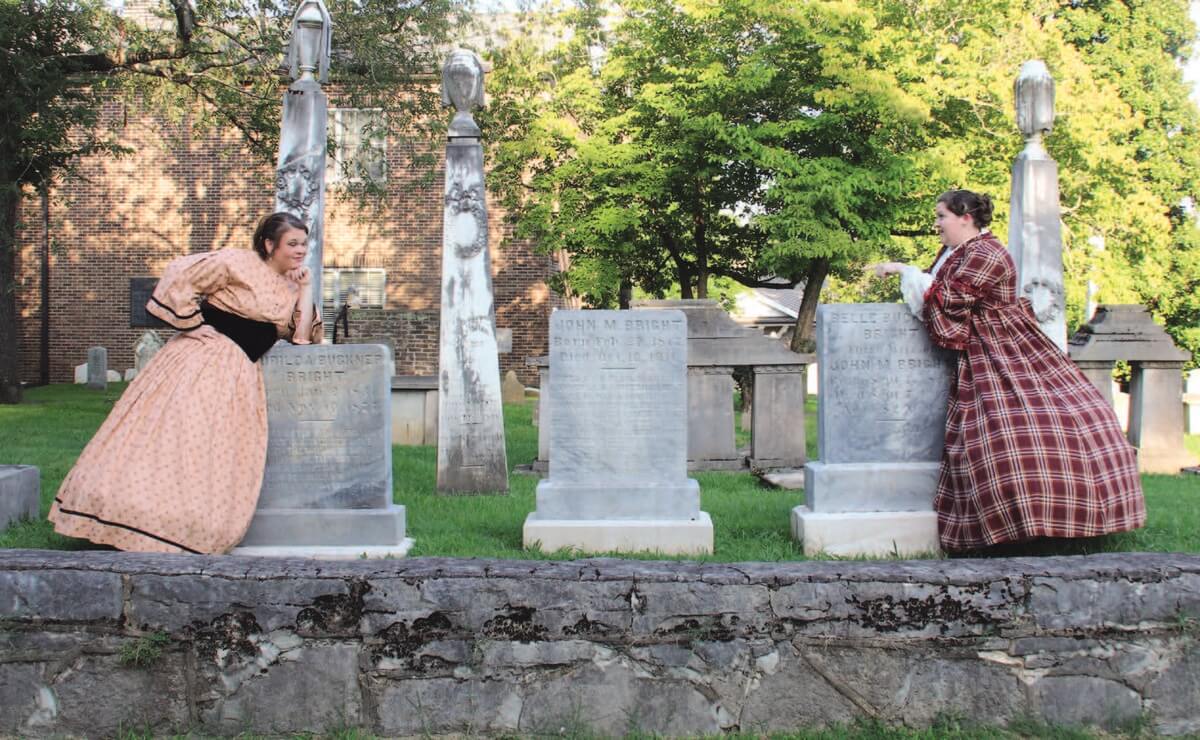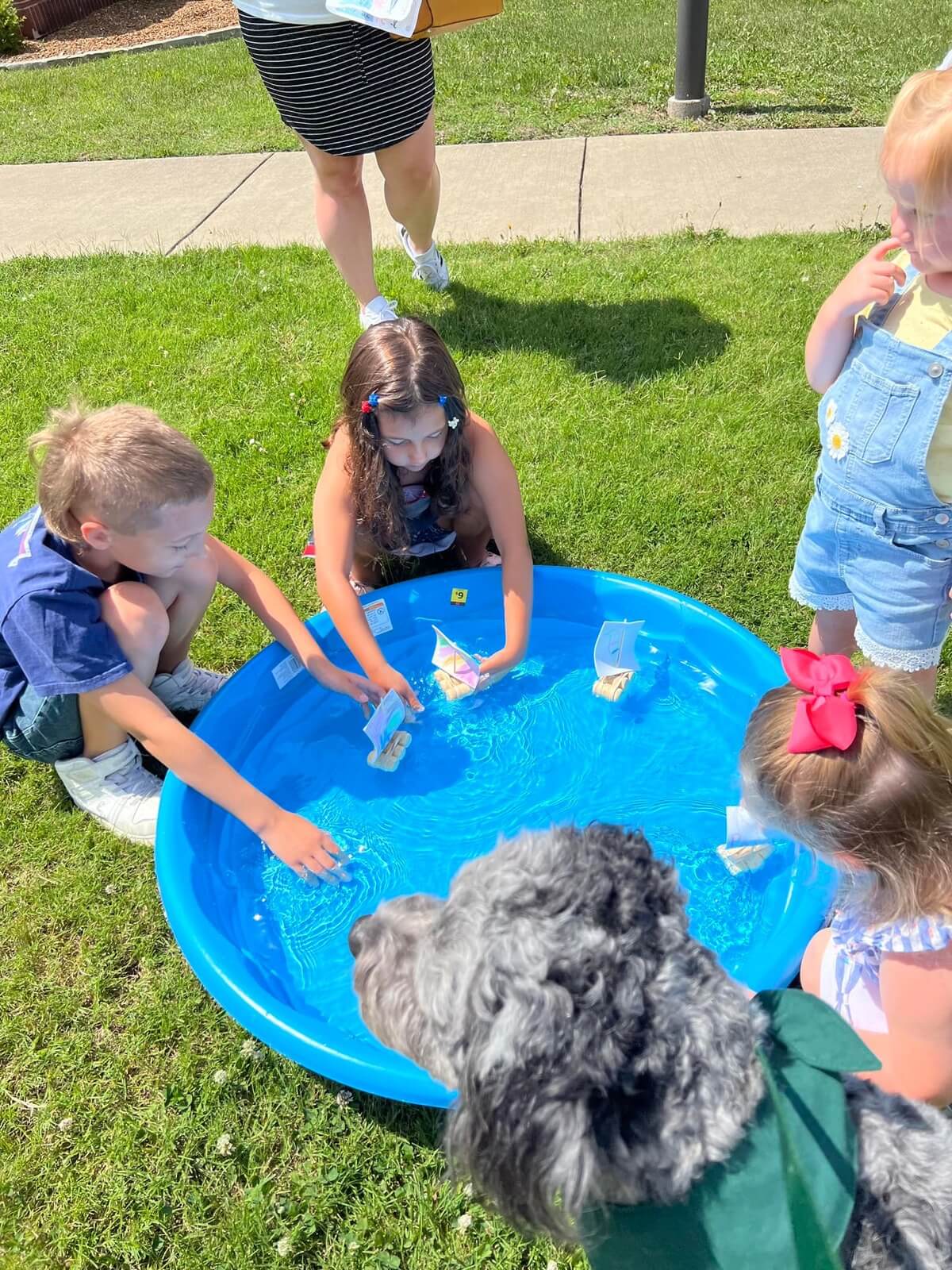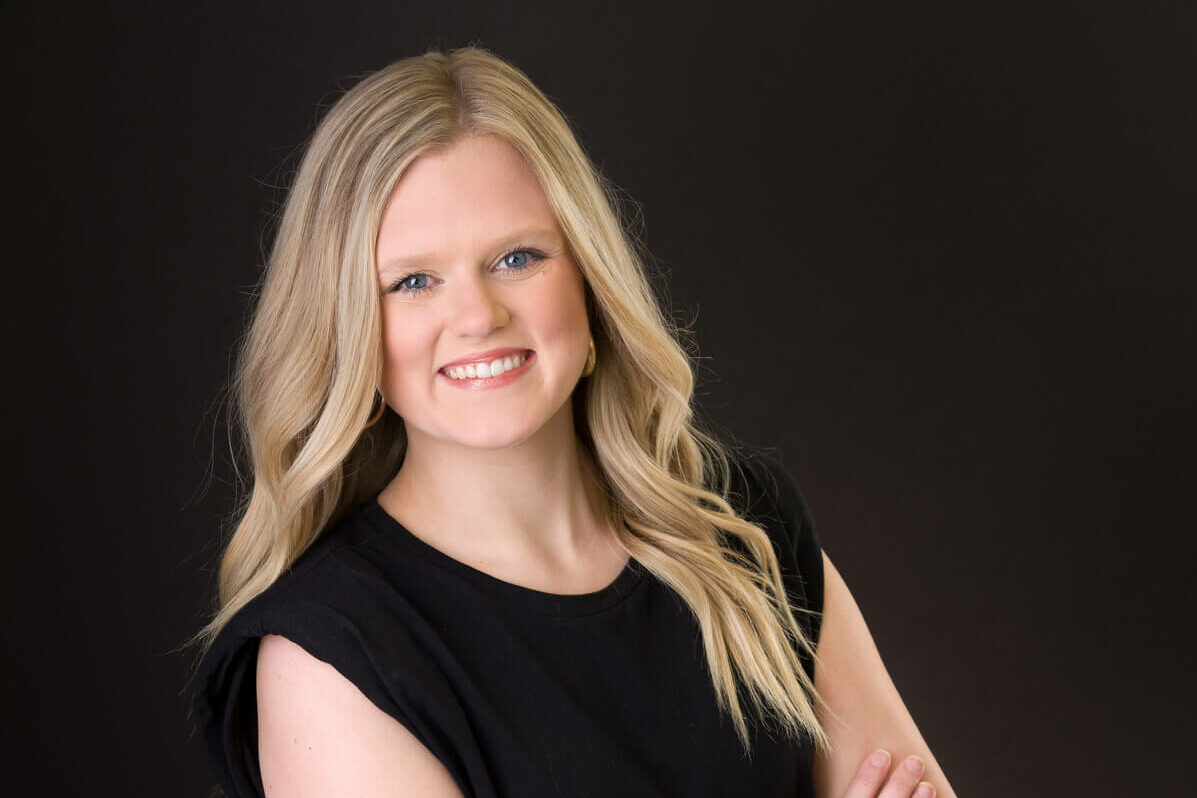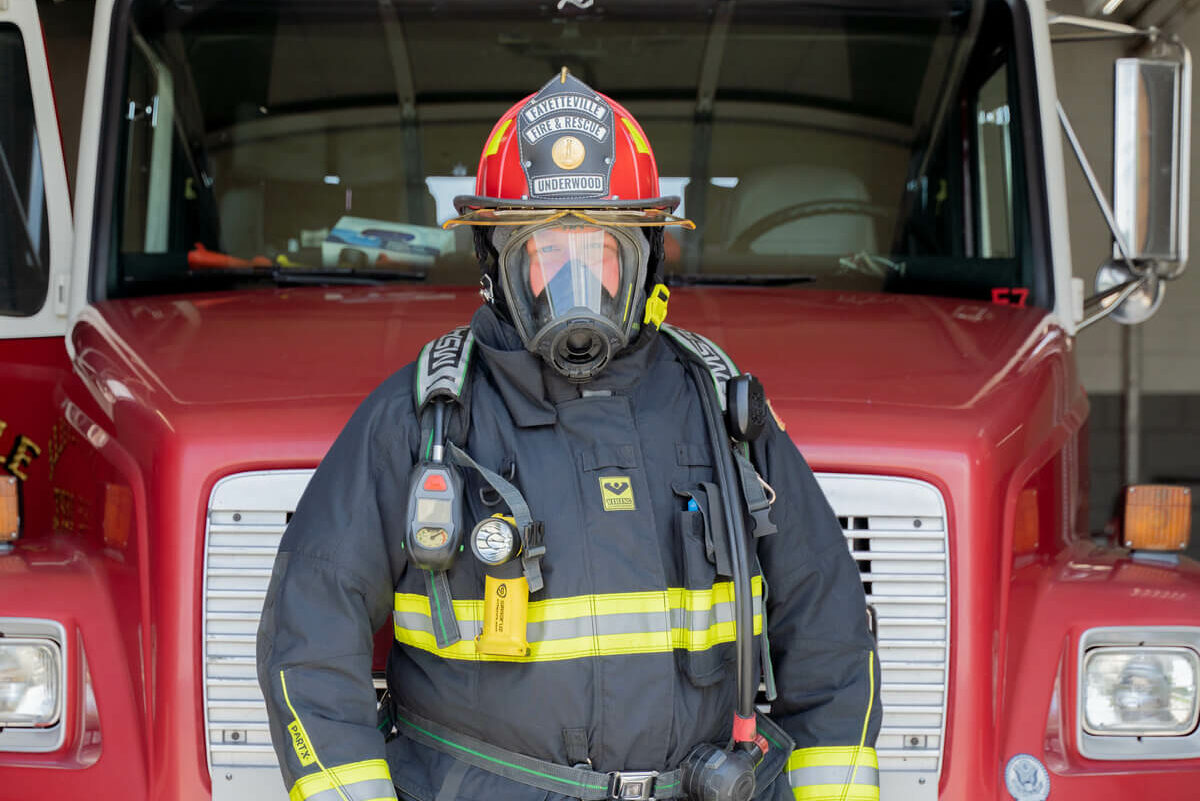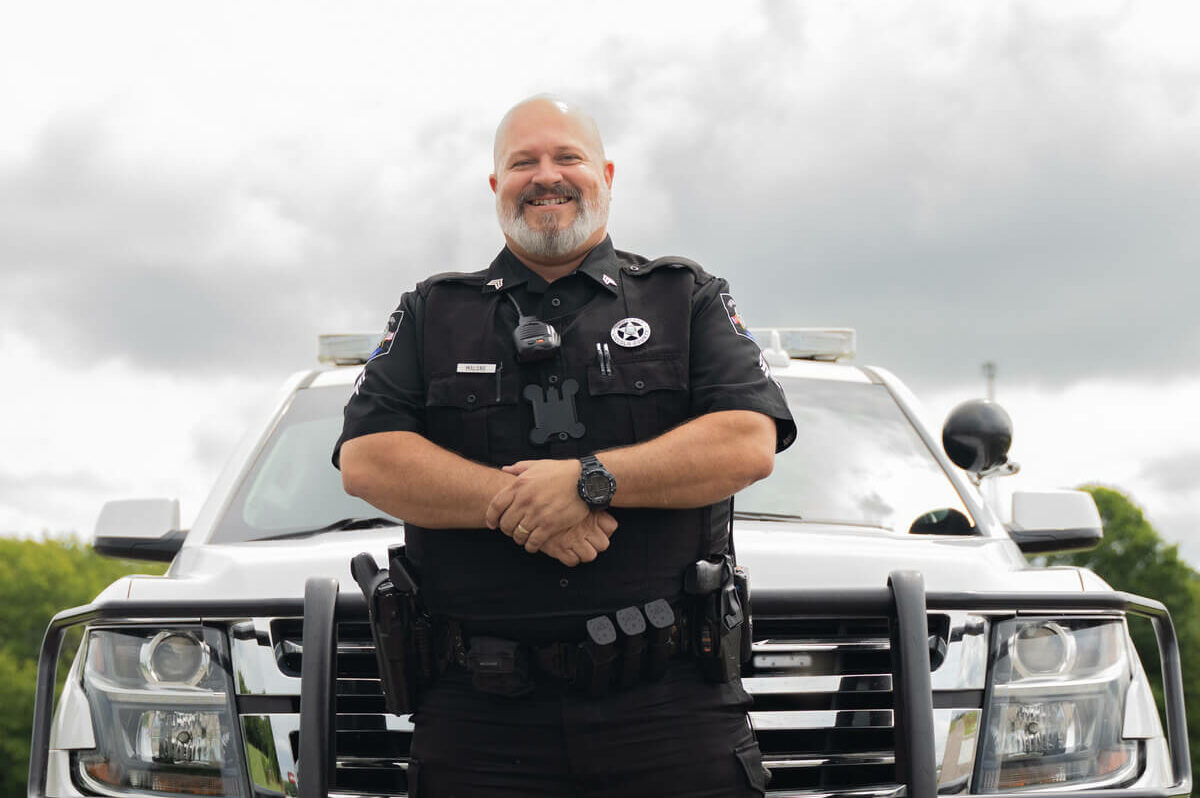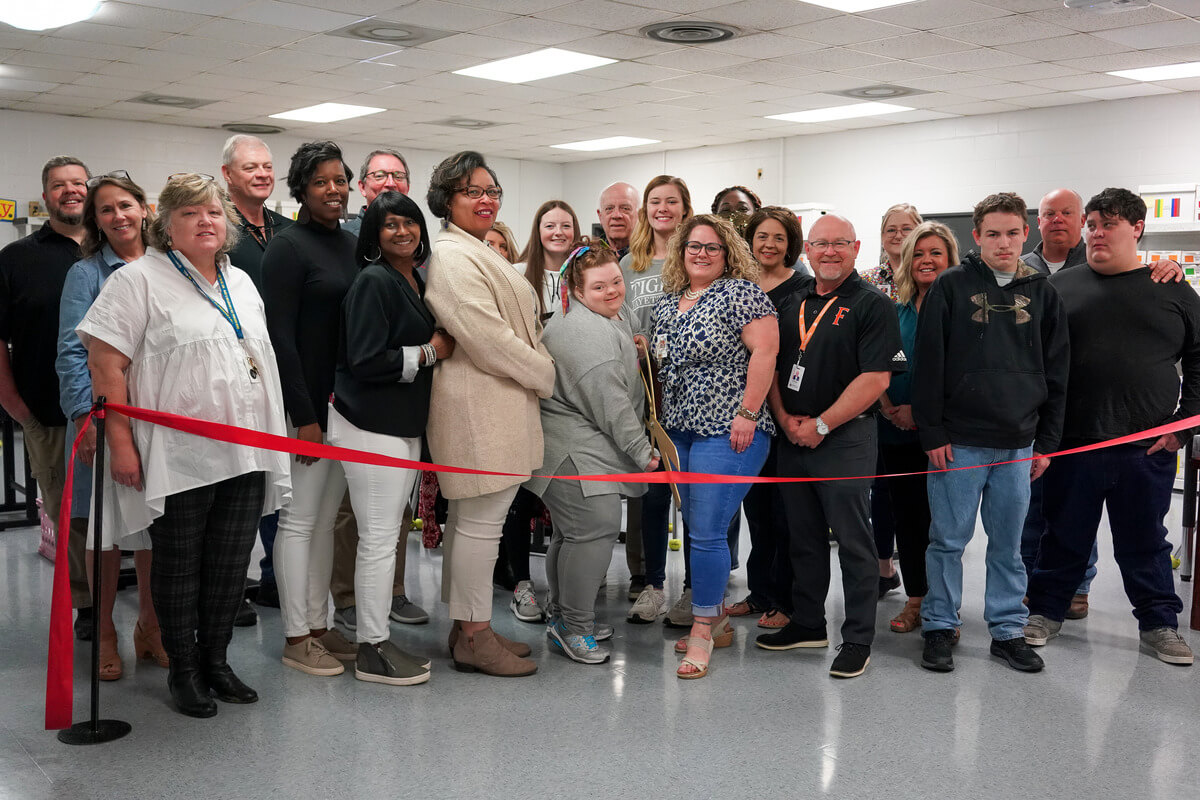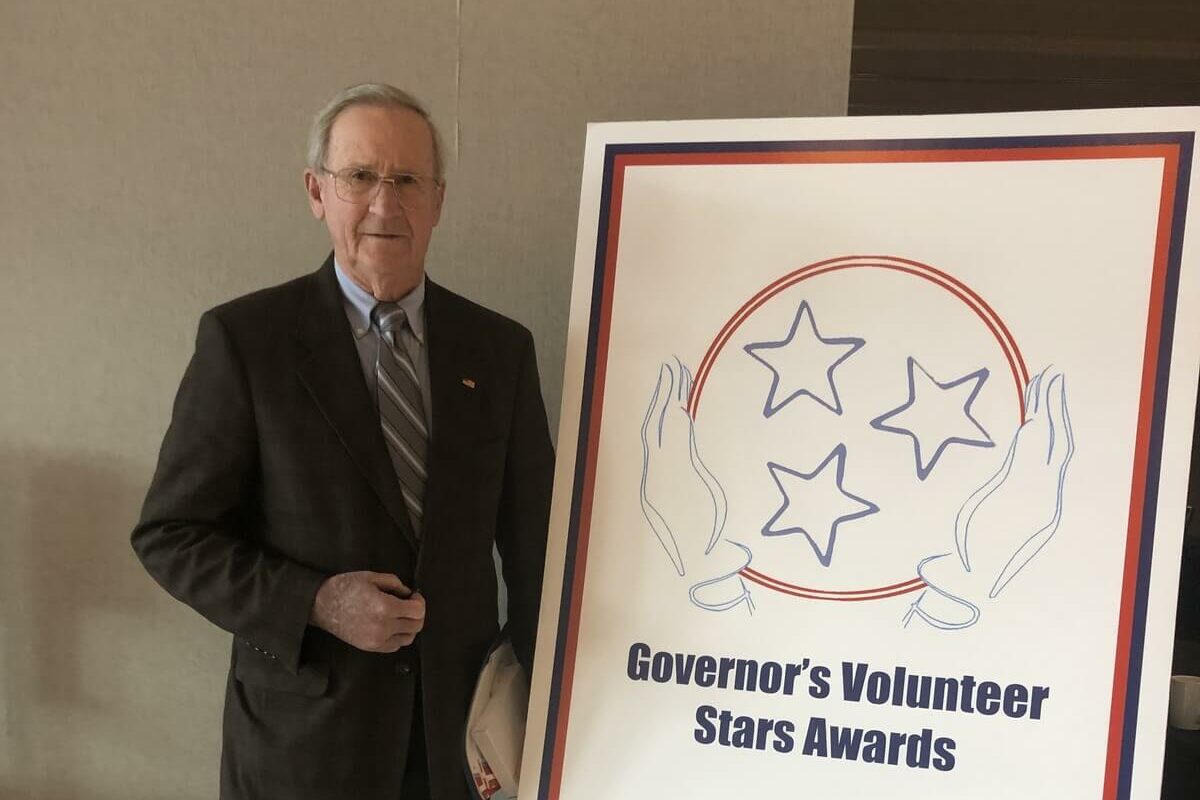WITH A heart full of compassion, Gail Wilbur is on a mission transcending the ordinary. She is the driving force behind Patches Place Cat Rescue, a local cat rescue and Trap-Neuter-Return nonprofit, where she tackles the challenges of cat overpopulation with a hands-on approach.
Wilbur’s mission began as a rescue 12 years ago with sympathy for the growing number of abandoned and stray cats. Her first rescue, a beautiful calico whom she named Patches, quickly became family. Patches, unfortunately, passed from leukemia.
Recognizing that caring for the cats would never slow the population boom, she found an additional way to make a positive impact.
She said, “People often can’t get to a clinic without missing work. It started as helping working people, and then we added trapping and transporting feral cats since they are a major source of the overpopulation problem.”

She gets up at 5:30 a.m. and spends most mornings feeding her cats and the cats waiting to be adopted. She rises half an hour earlier on transport days to feed them all and prepare to load the cats to transport them to the clinic for their spay or neuter procedure.
Trap-Neuter-Return is a national movement to manage the number of feral and abandoned cats without euthanasia. Cats are humanely trapped, spayed or neutered, and returned to the area from which they were captured. It is time-consuming, and although many would like to fix their cats or the rescues they’ve taken in, they can’t due to work conflicts or their age and fixed incomes. Wilbur works closely with the colony caretakers, observing feral cats at feeding times and making plans with the caretakers to humanely trap and transport them.
According to pawsomeadvice.com, one female cat and her babies can have 370,000 kittens in seven years. Patches Place coordinated the spaying and neutering of 233 cats in 2022. Assuming half of those were females, that reduced the future feral cat population by nearly 43 million. Wilbur coordinated more than 240 procedures in 2023.
Transporting cats to clinics is a crucial part of Wilbur’s work.

“I had one lady recently who had to be at work by 6 o’clock in the morning. She was here at 5:30, dropping off her cat. I don’t mind; she’s getting it fixed. I went through it myself. I worked in Huntsville and had to be at work by 7:30, so I started using the North Alabama Spay and Neuter Clinic. I lost a little time, but not a lot, and I could pick my cat up on the way home,” Wilbur said.
Although she can focus on Patches Place full time now, it can sometimes seem like a full day’s work and then some.
“It’s a lot of work caring for the cats waiting for homes, coordinating the trapping of cats, and making spay and neuter appointments for them and those with pet cats. The appointments for the spay and neuter clinic have to be scheduled online. I also loan our traps to those in need and teach them how to use them,” she explains.
Funding is the other crucial part. Wilbur said many veterinarian offices charge $200-$300 for the services, but the spay and neuter clinics charge around $60-$70.
Grants fund vouchers that can be used for services at the Middle Tennessee Spay and Neuter Clinic in Shelbyville for those unable to pay. Wilbur actively seeks grants to support her efforts, but most grants demand an annual income of at least $50,000 for the nonprofit, and Patches Place falls short of this requirement.

In 2023, the state awarded the rescue with the Tennessee license plate grant for low-income families in Lincoln County. Funds are still available for this grant. Under the grant, the cat owner is responsible for making their appointment and transporting the cat to the Middle Tennessee Spay and Neuter Clinic because the grant mandates the use of a Tennessee veterinarian.
Wilbur said, “There is always a need for funds for veterinary care, food, and litter as well as for the spay or neuter of feral and community cats.”
Fundraising and donations make it possible for her to continue to impact the feral cat population. Every contribution, no matter how small, makes a difference. Despite its financial challenges, Patches Place remains steadfast in its mission to find homes for abandoned cats and create a healthier and more balanced environment for feral cats in Lincoln County.
Wilbur’s work continues beyond rescues and Trap-Neuter-Return. She actively engages others through Patches Place’s Facebook page, educating them about responsible cat care. She emphasized using straw instead of towels or blankets in outdoor shelters to prevent cats from freezing in wet conditions.

“Hay gets wet, and it stays wet. It [molds] and [mildews],” said Wilbur.
“Use straw. With hay, when it gets really cold and wet, the hay freezes, and the cat falls asleep on it. It’ll die because it’ll freeze with the water. Straw is hollow, so it dries and doesn’t retain the moisture. But it’s also an excellent insulator.”
To measure success, Wilbur looks at the number of appointments and cats she can manage within a given timeframe. Her goal is clear: reduce the feral cat population one neutered cat at a time.
Wilbur’s story is one of resilience, empathy, and the unwavering belief that every effort counts in the journey toward a more humane society for our feline friends. GN


